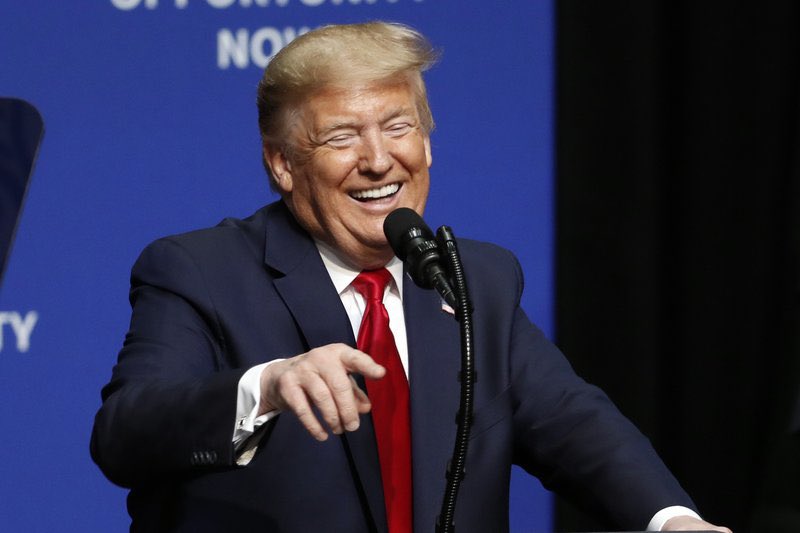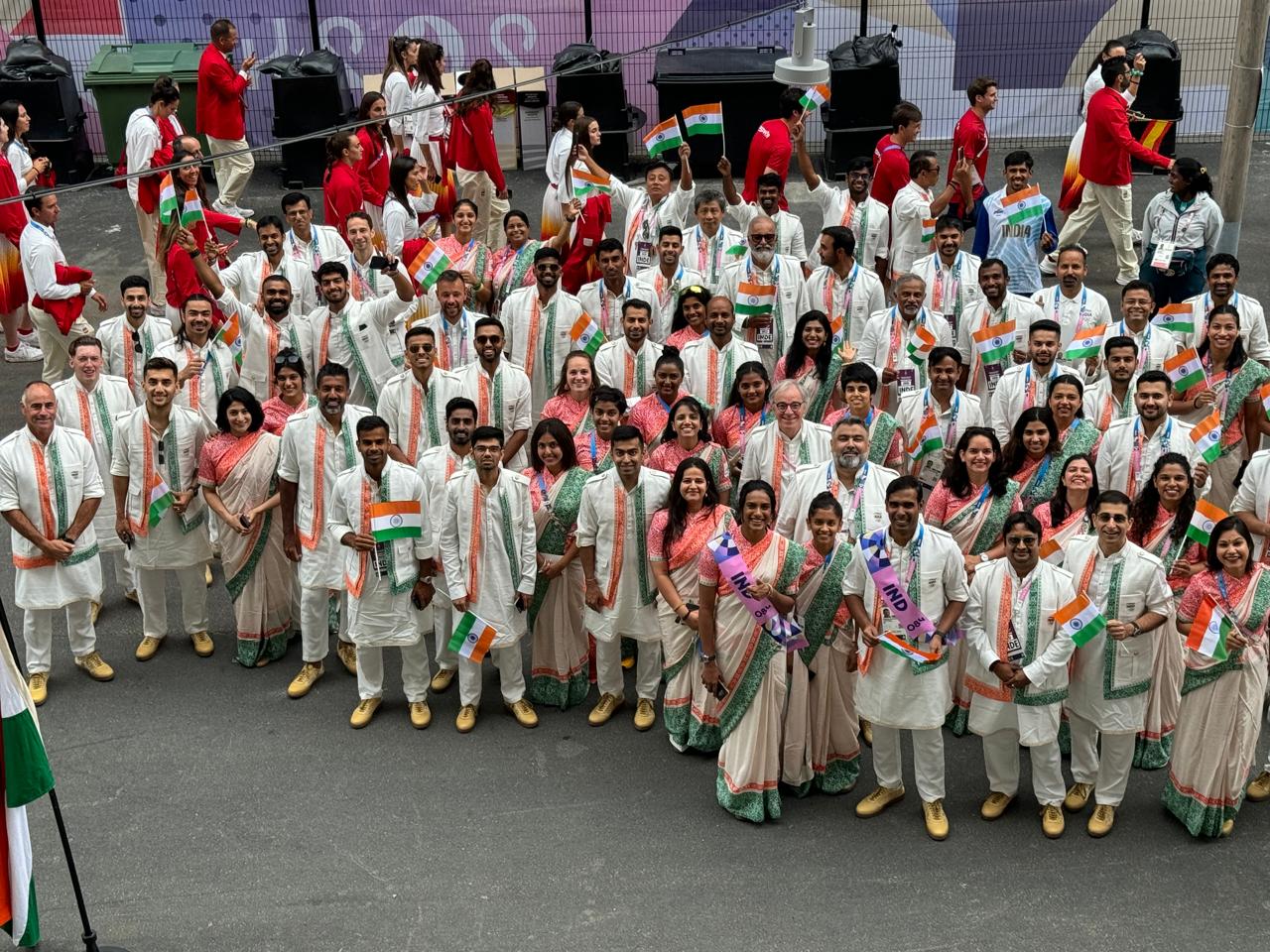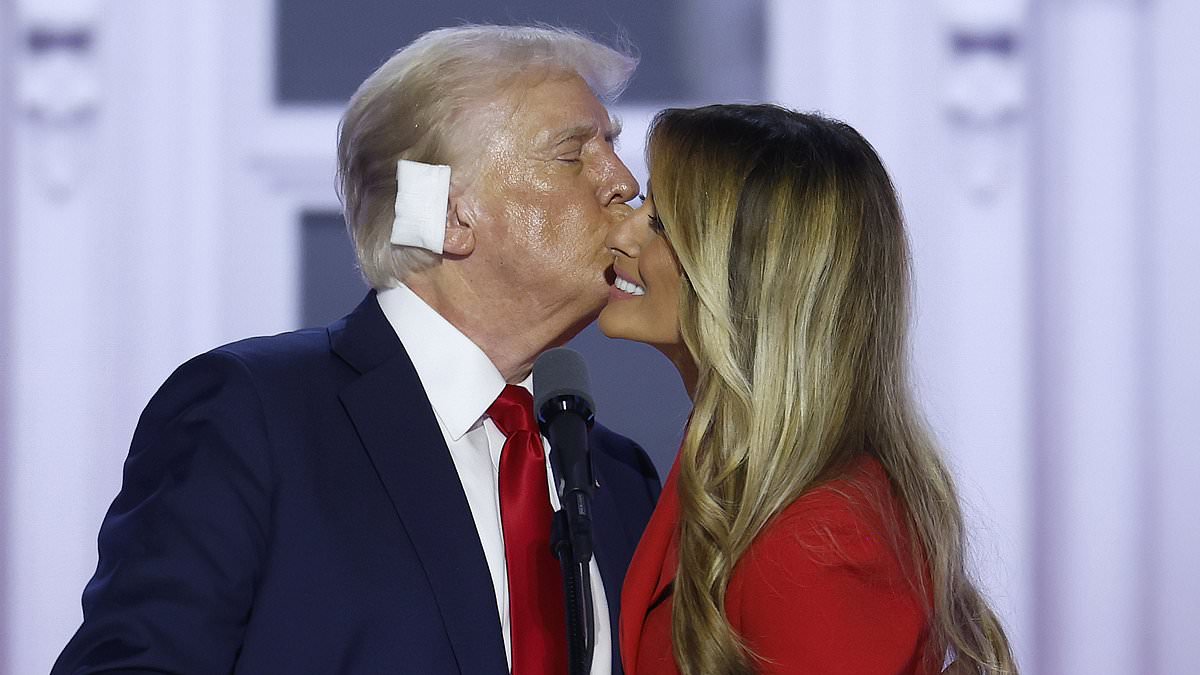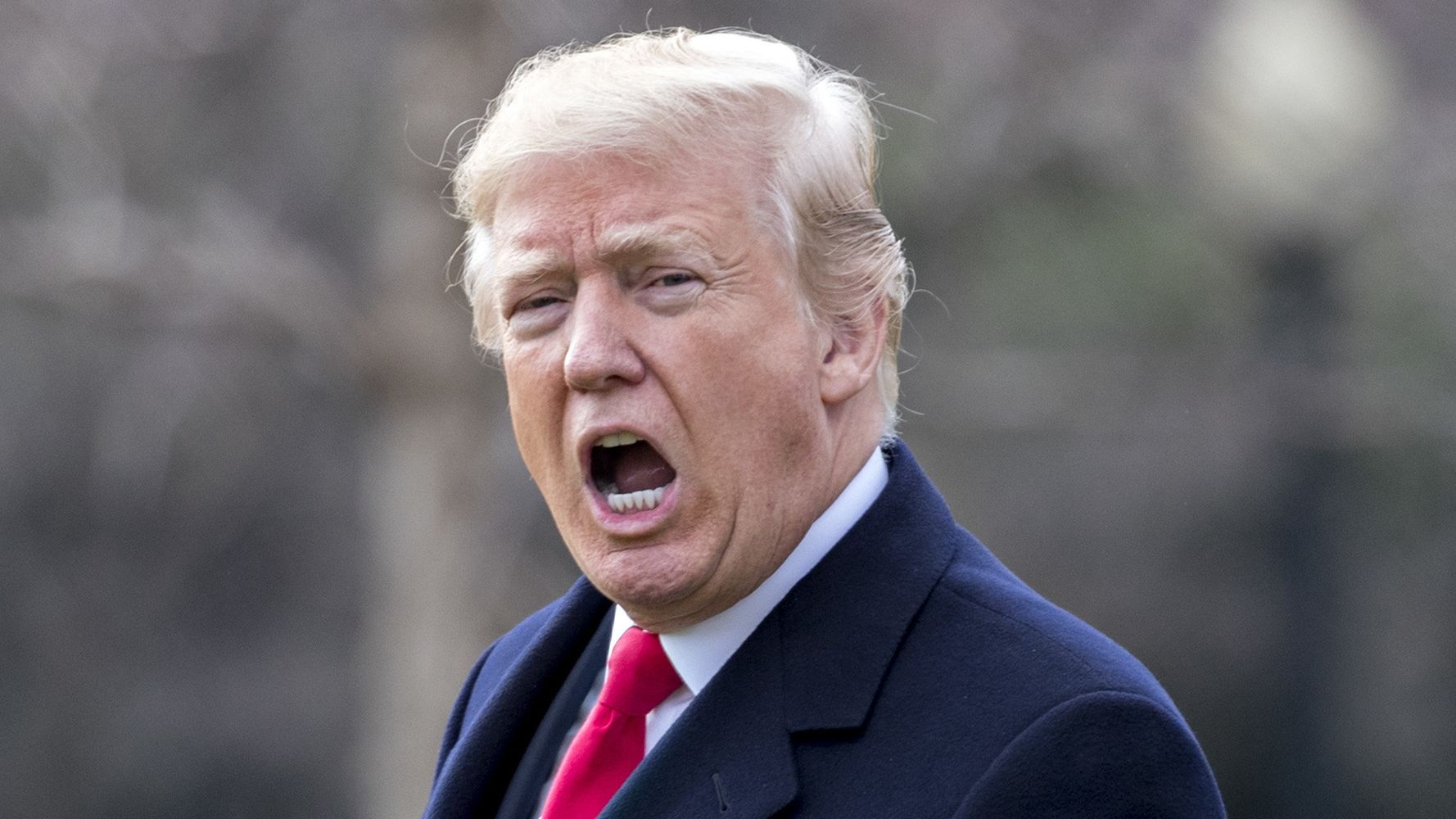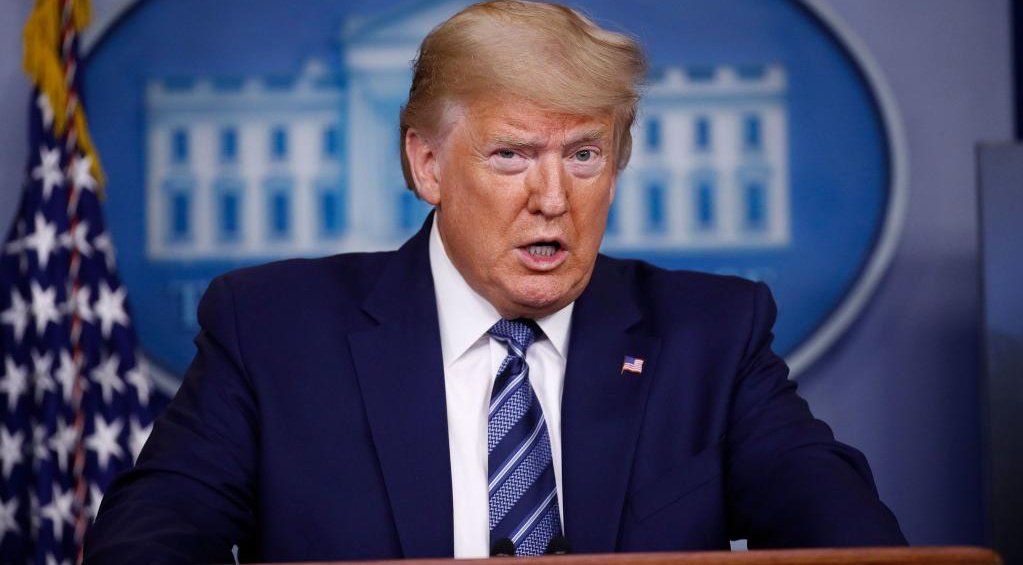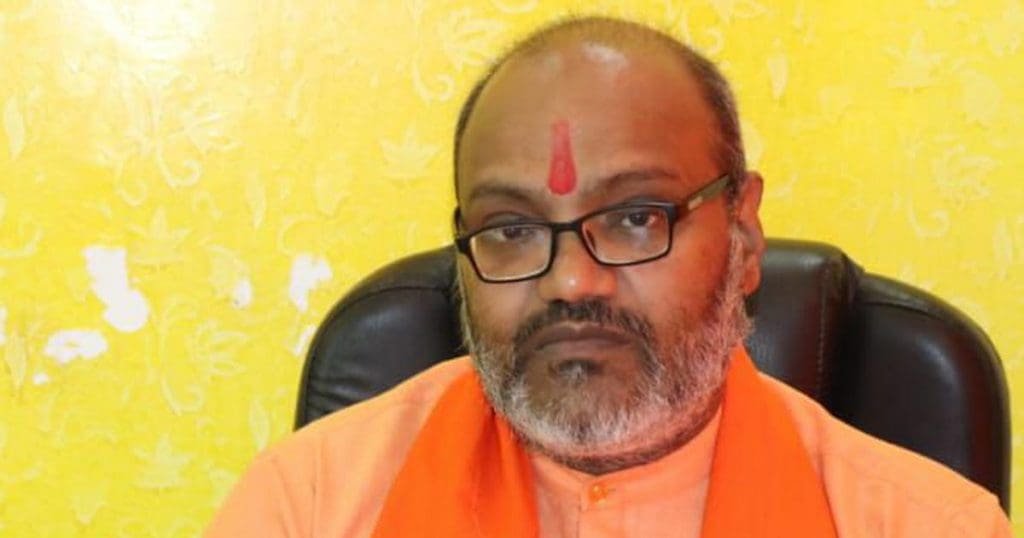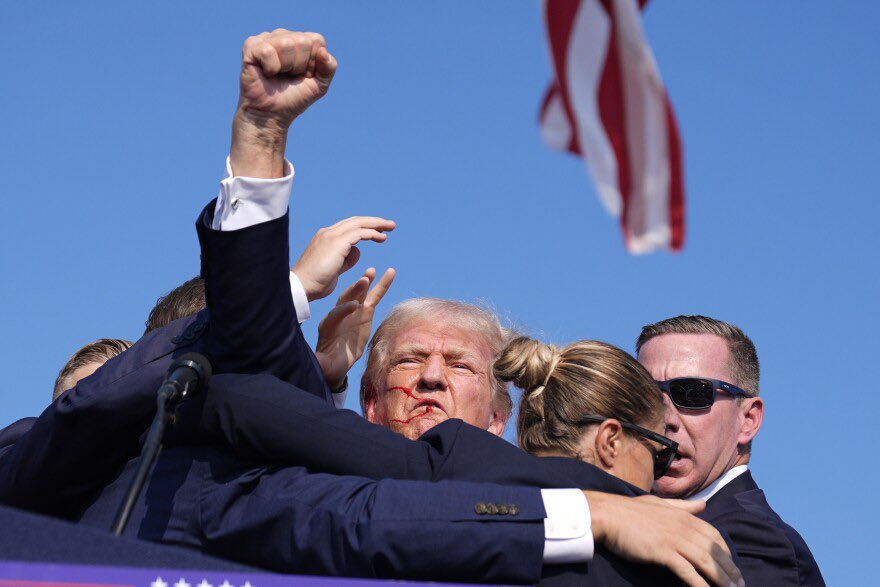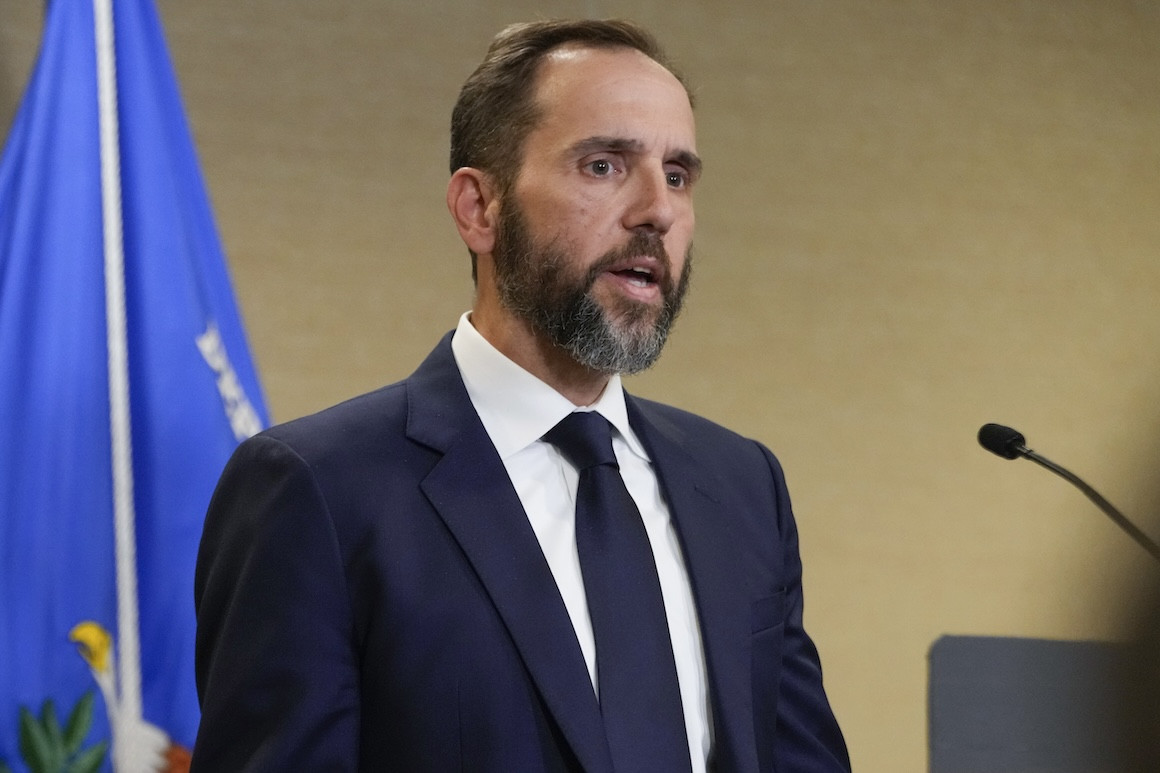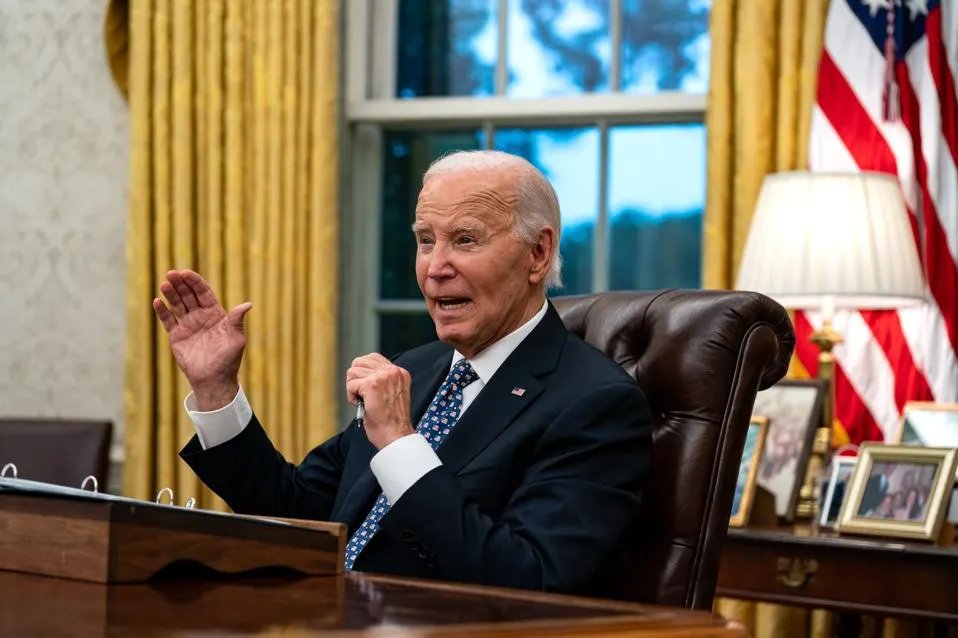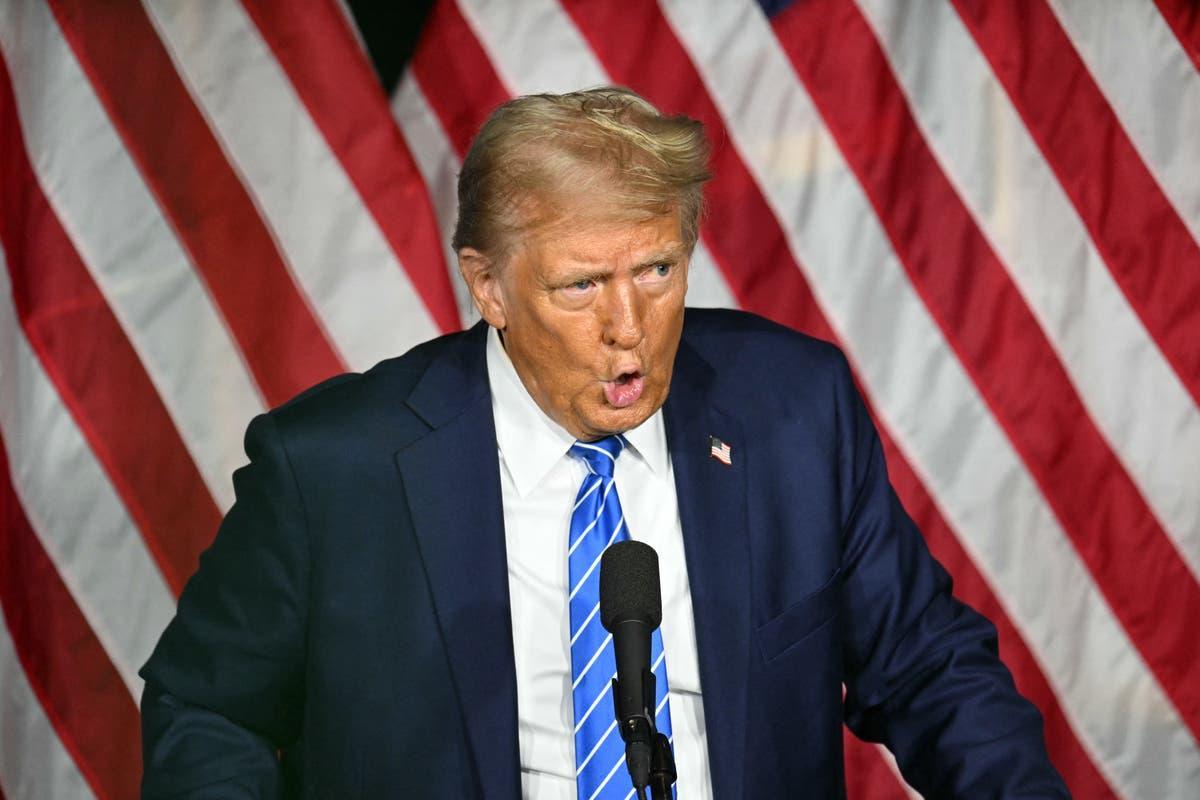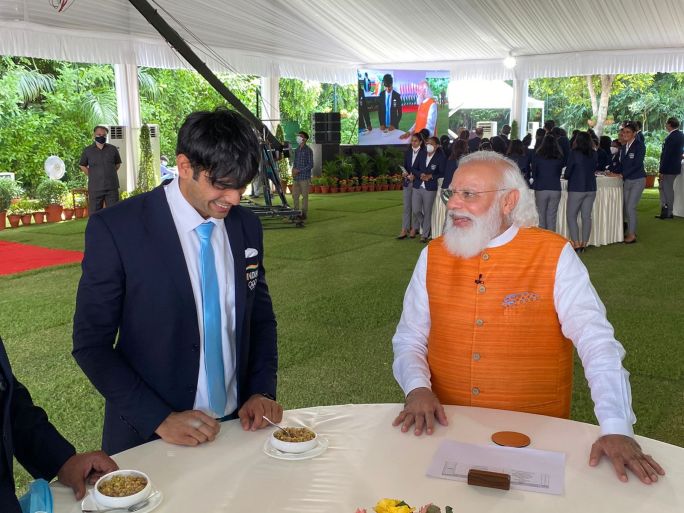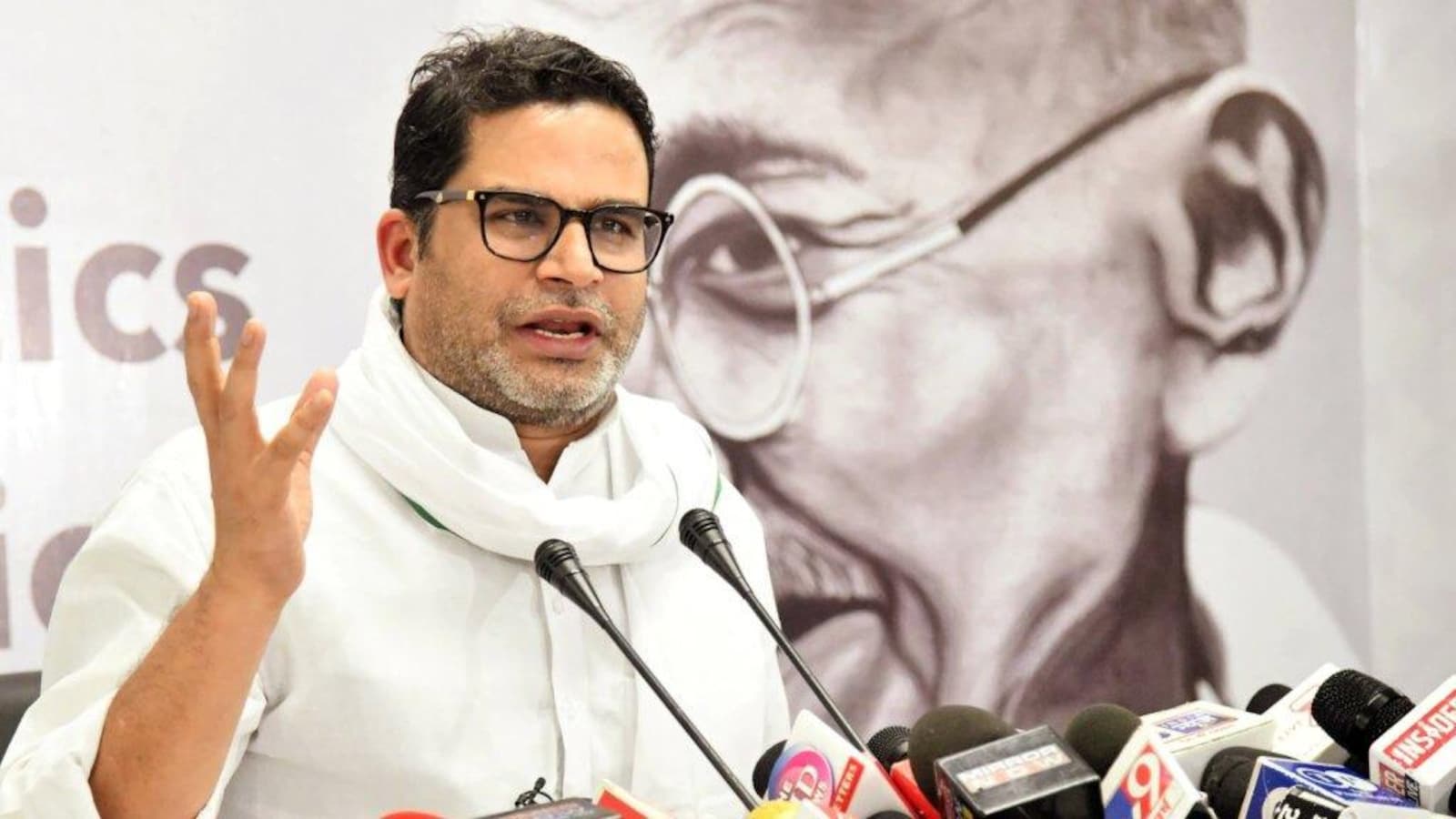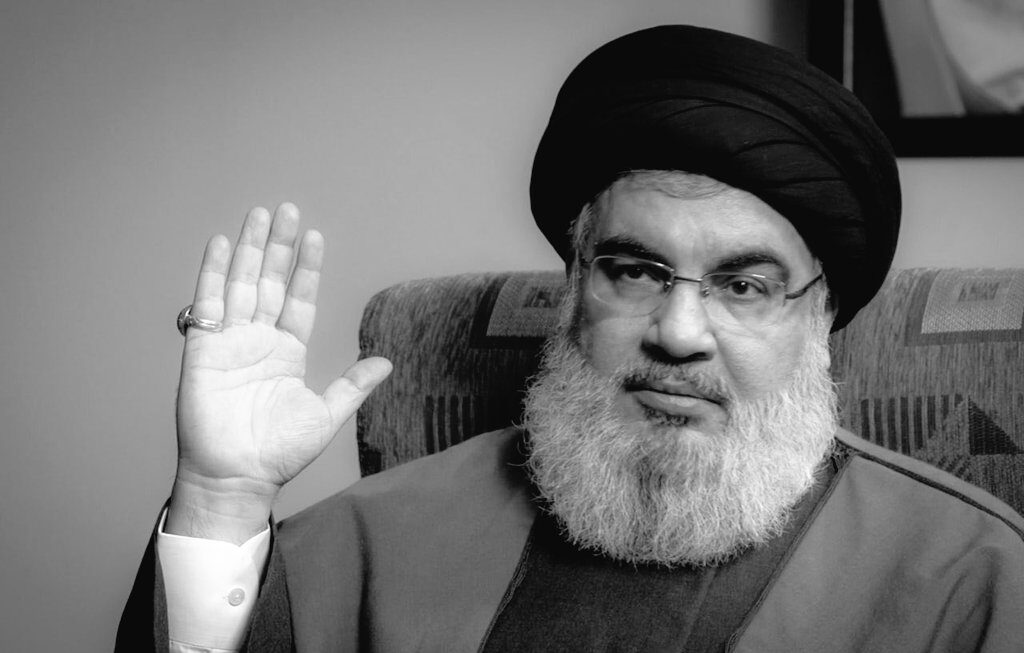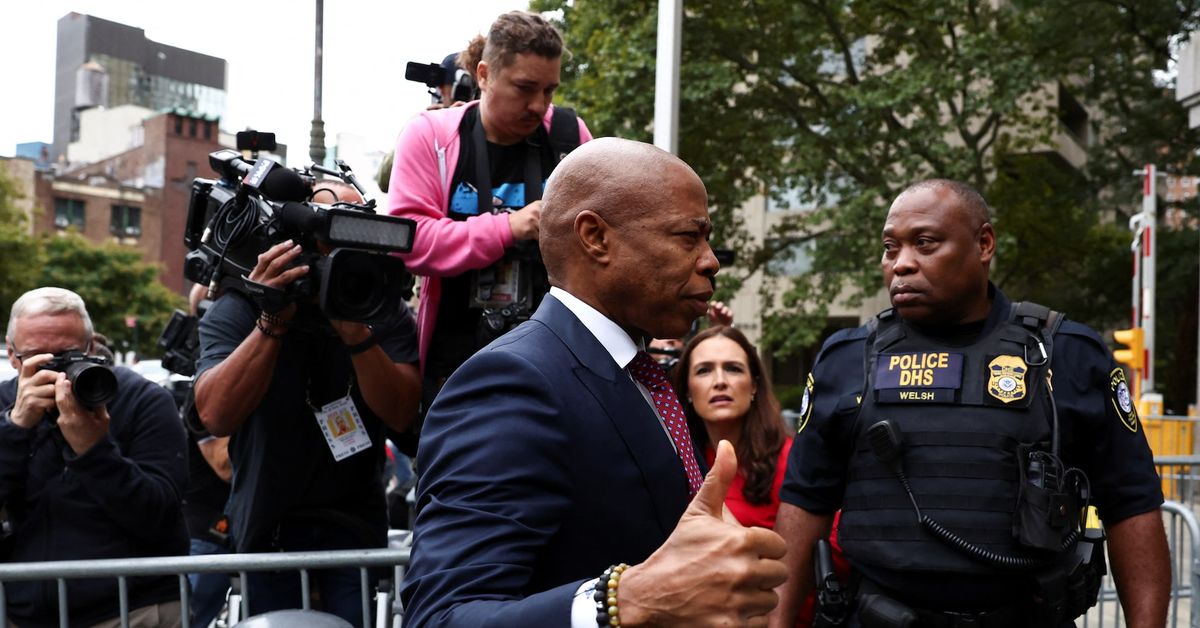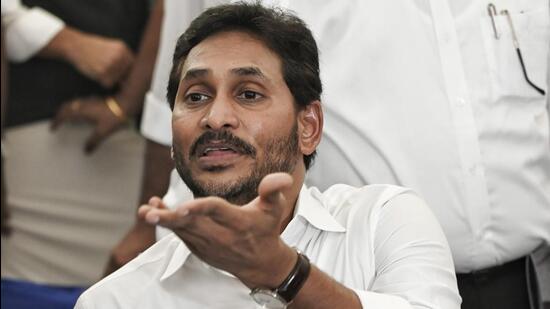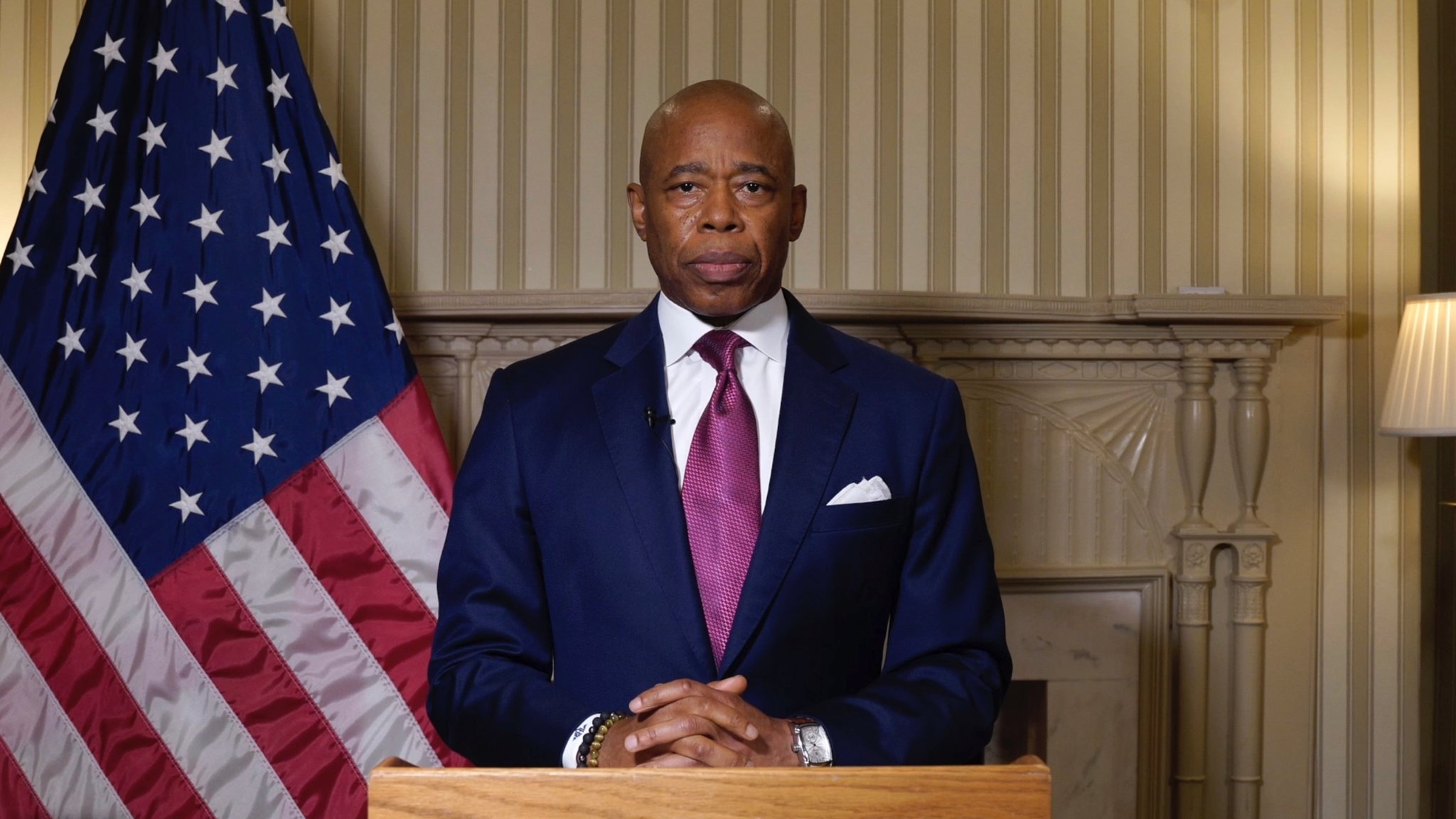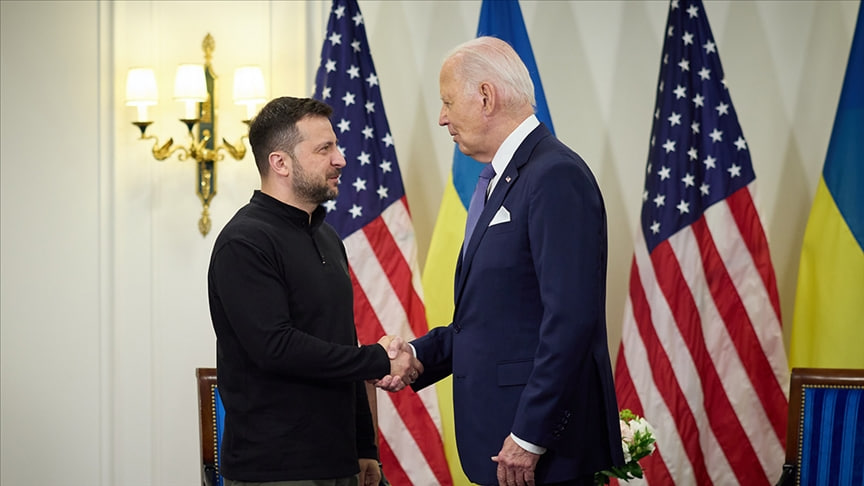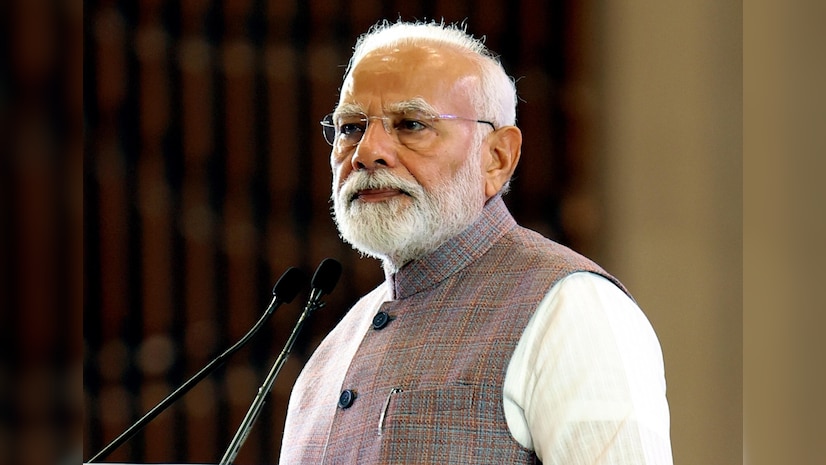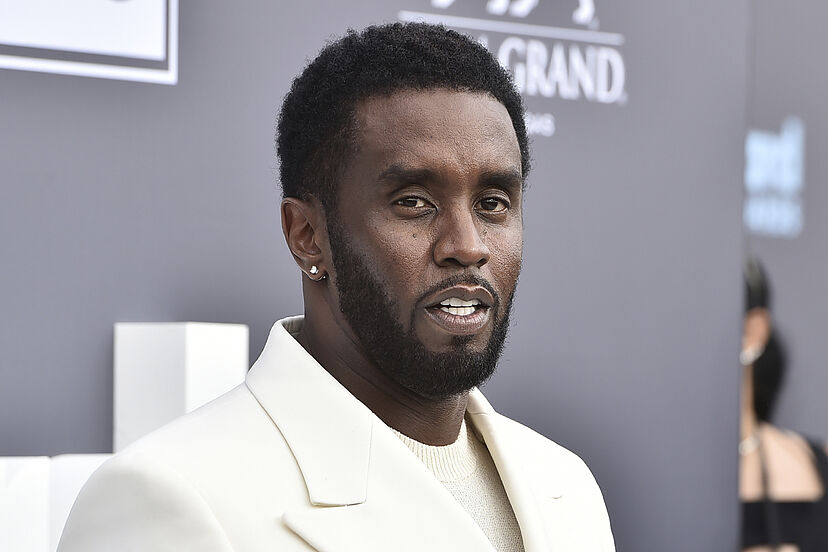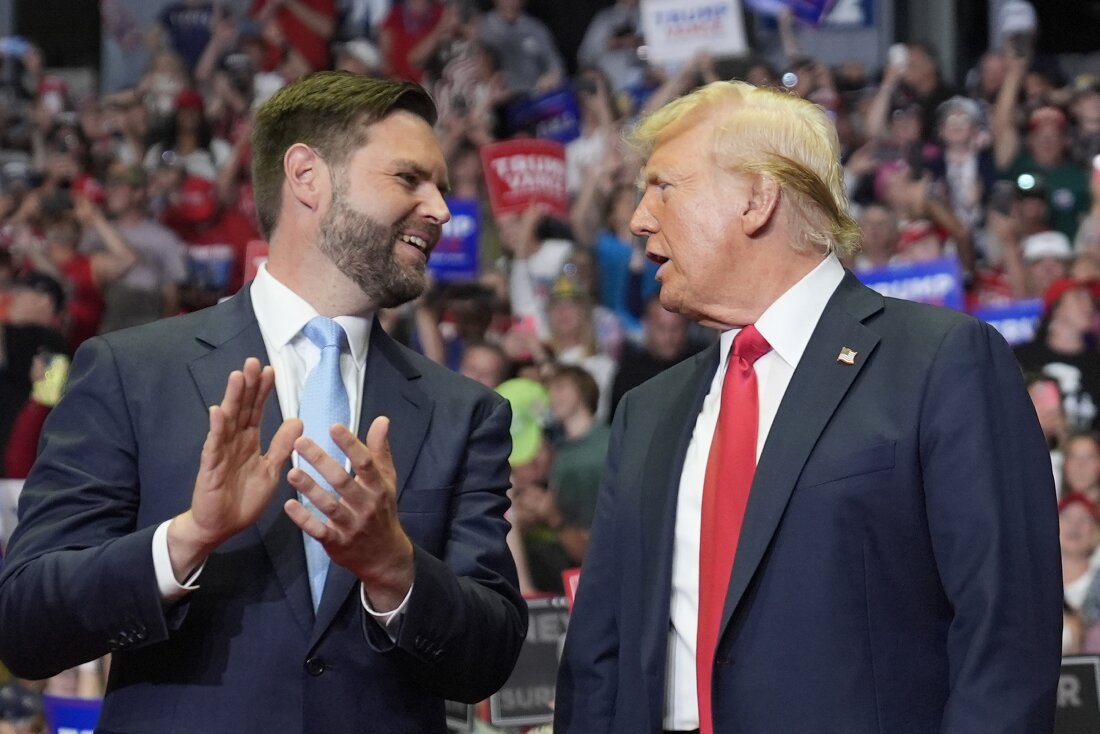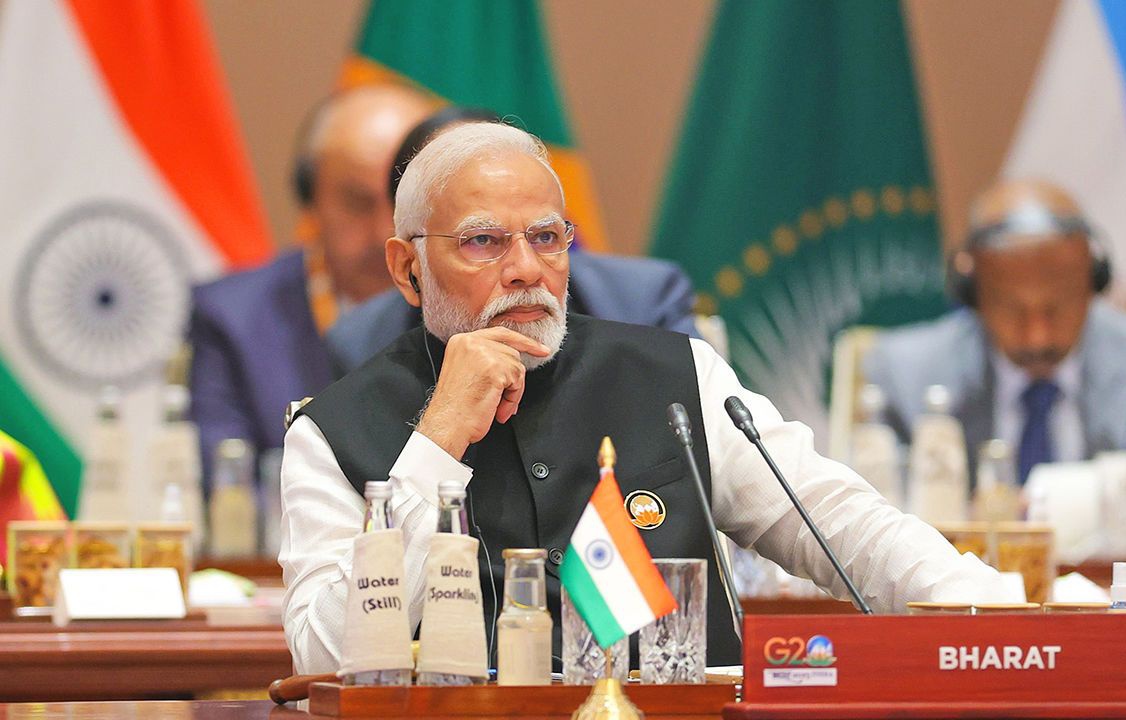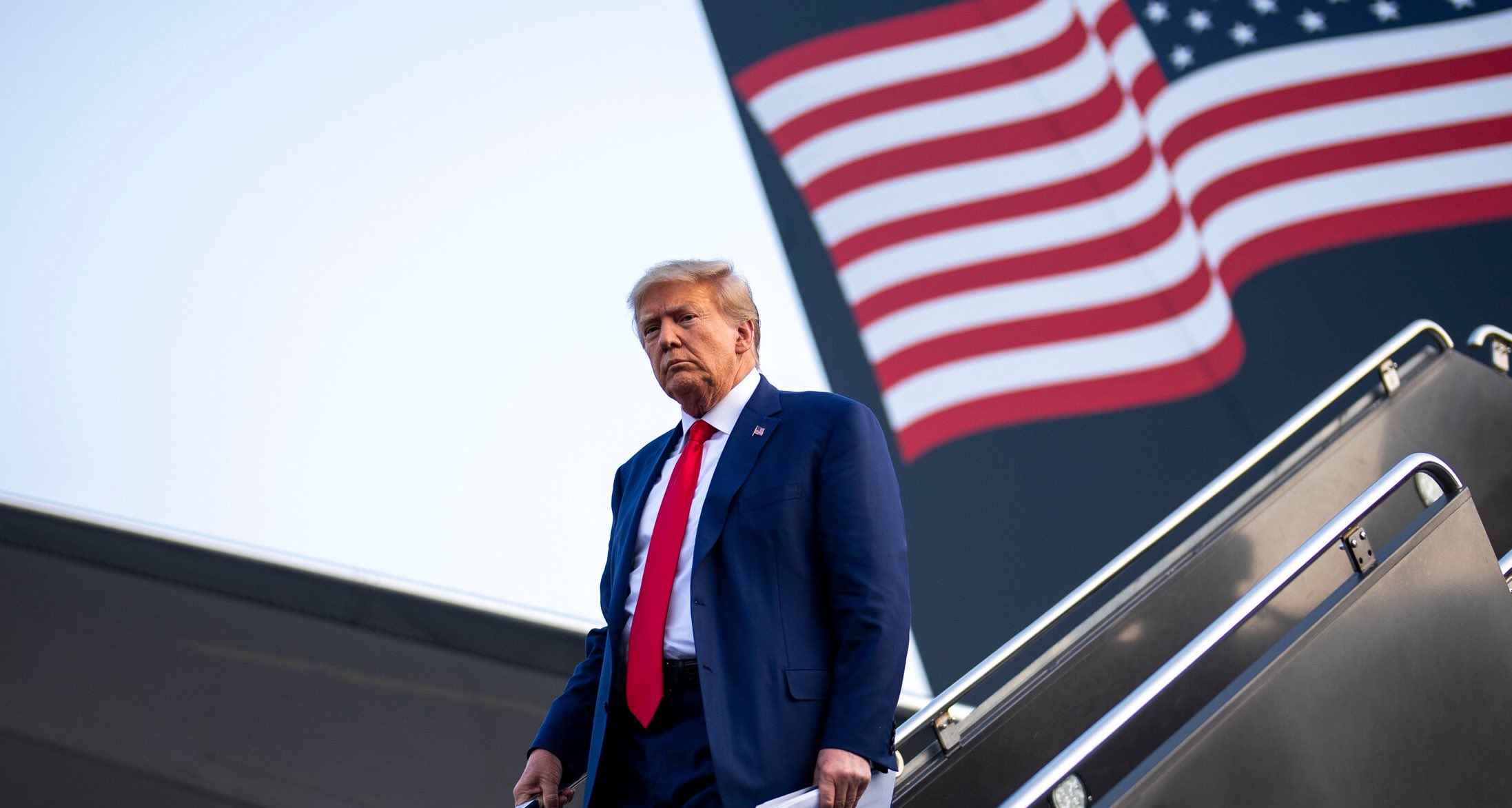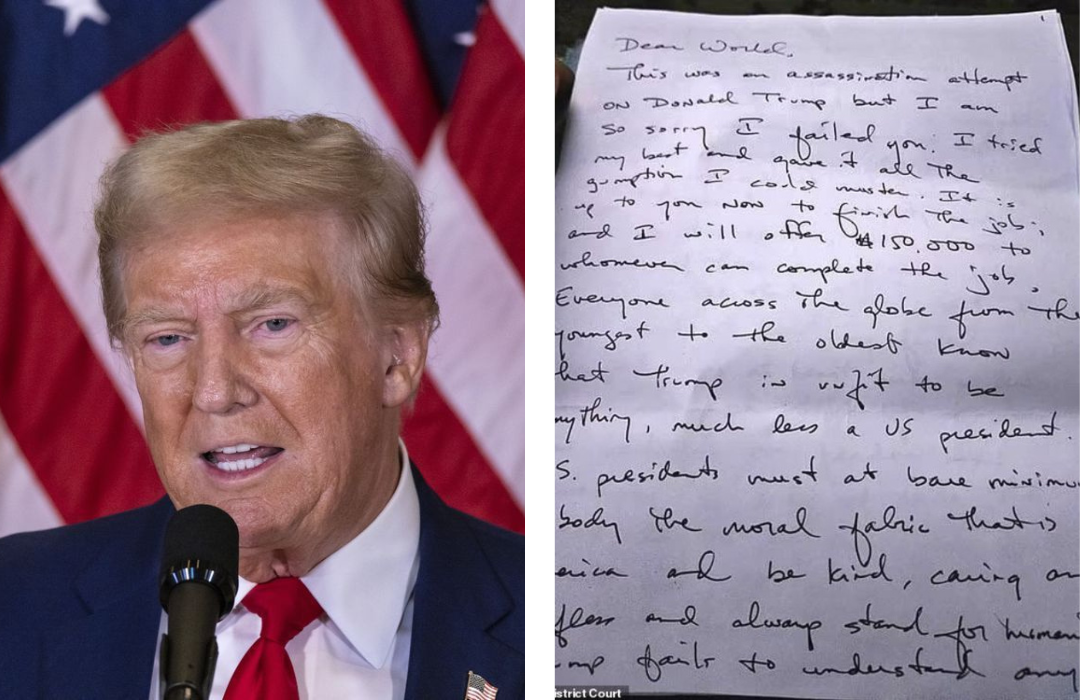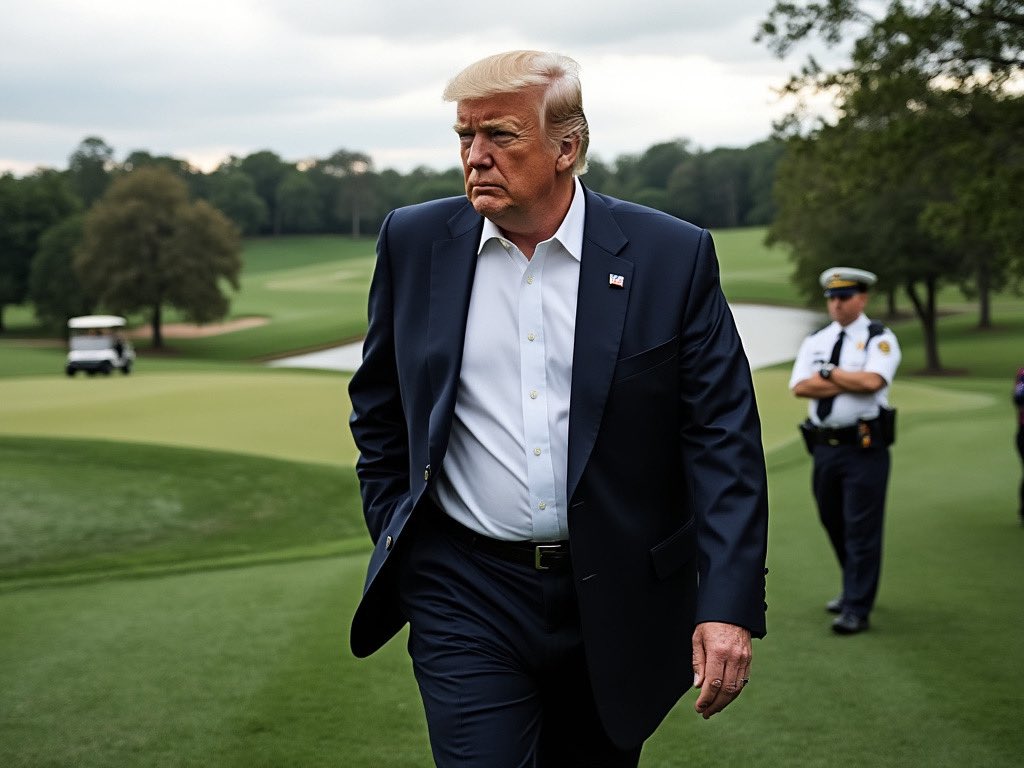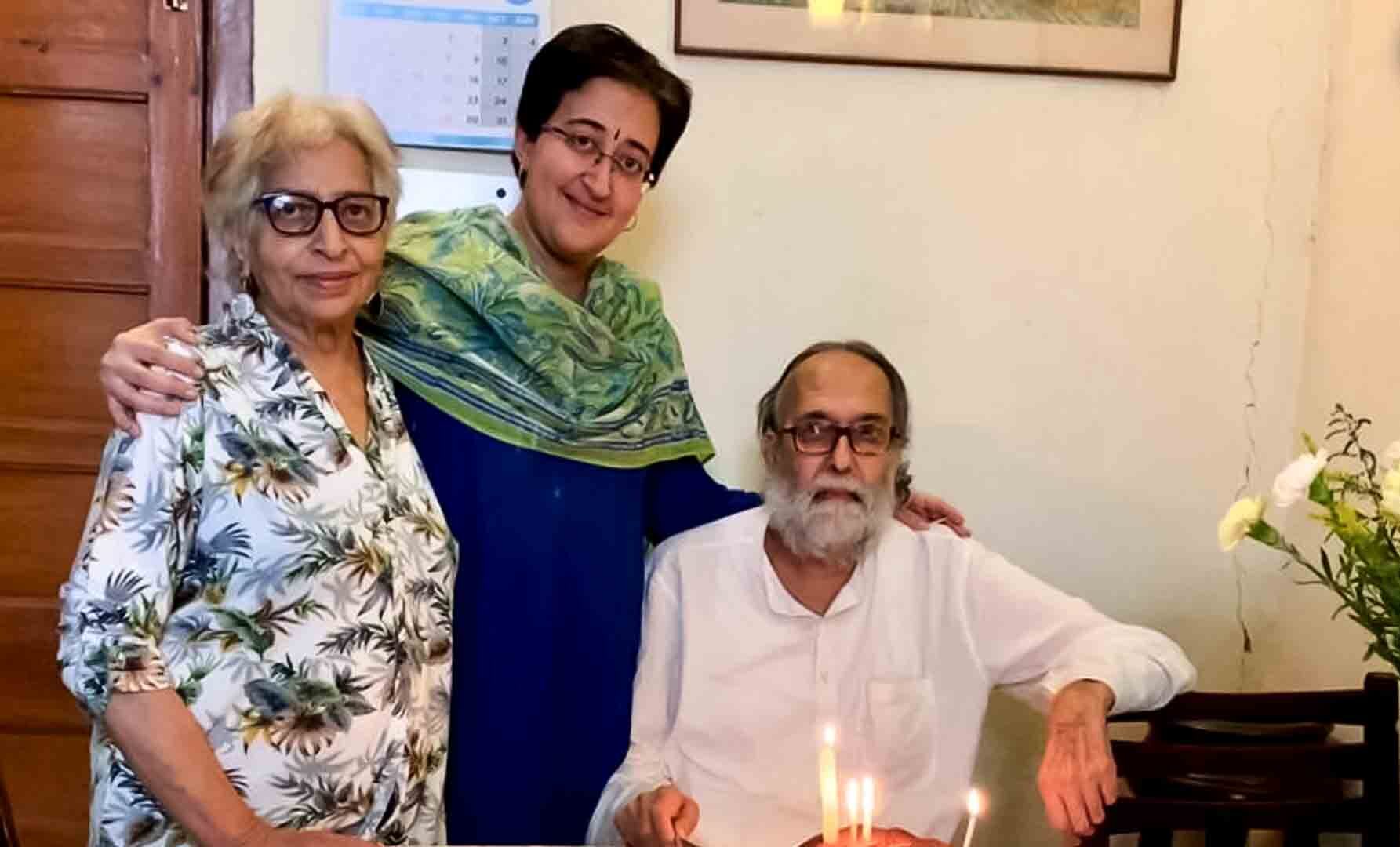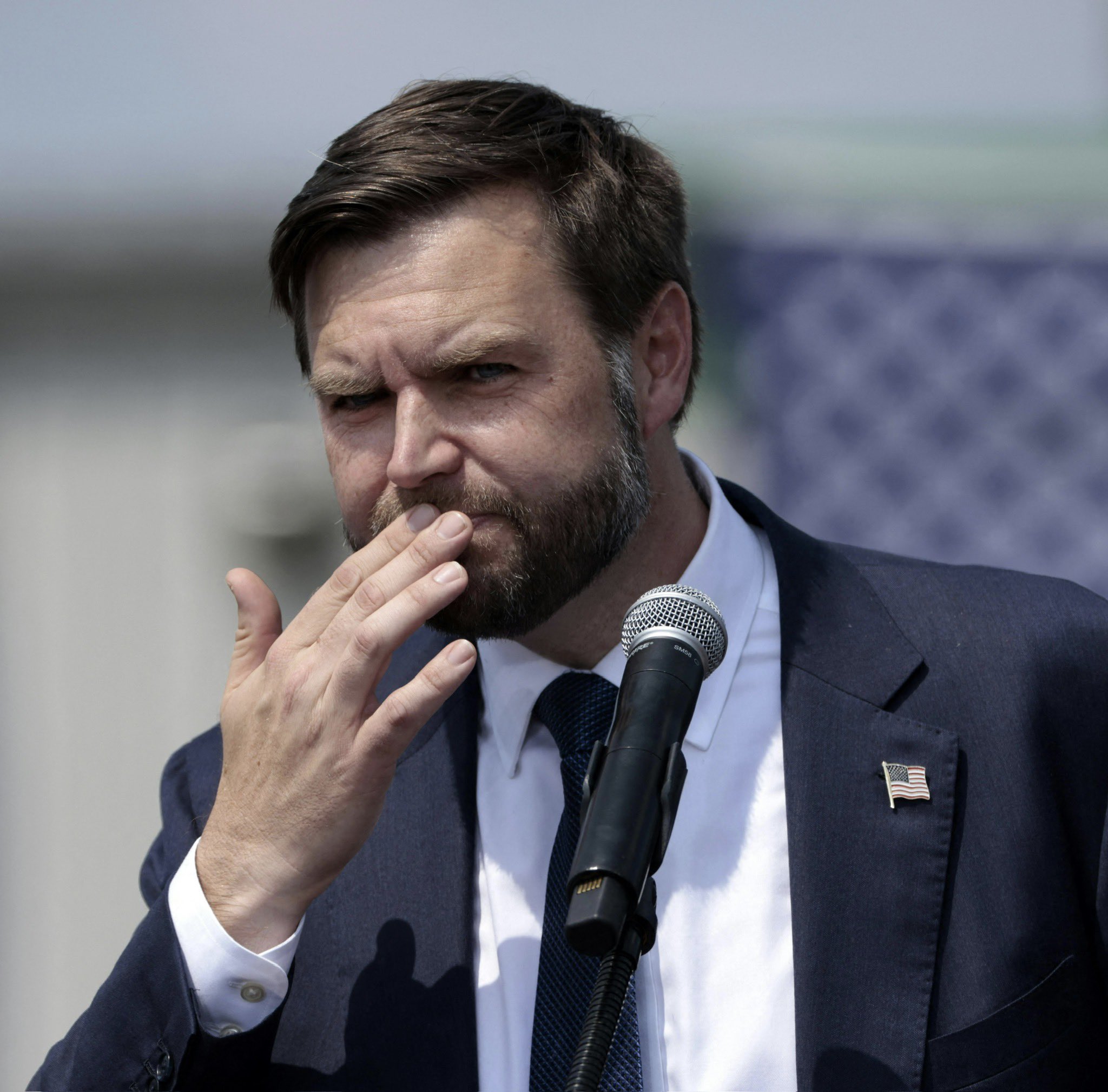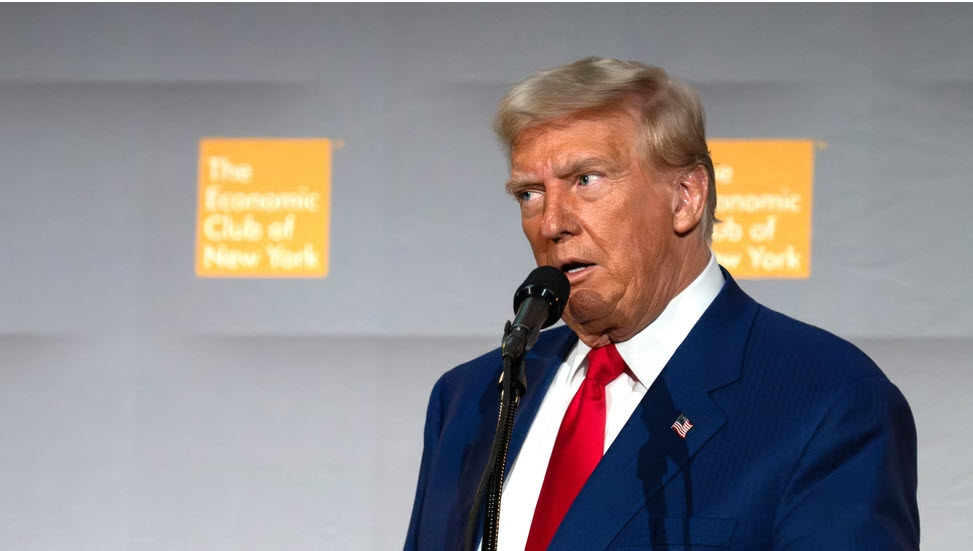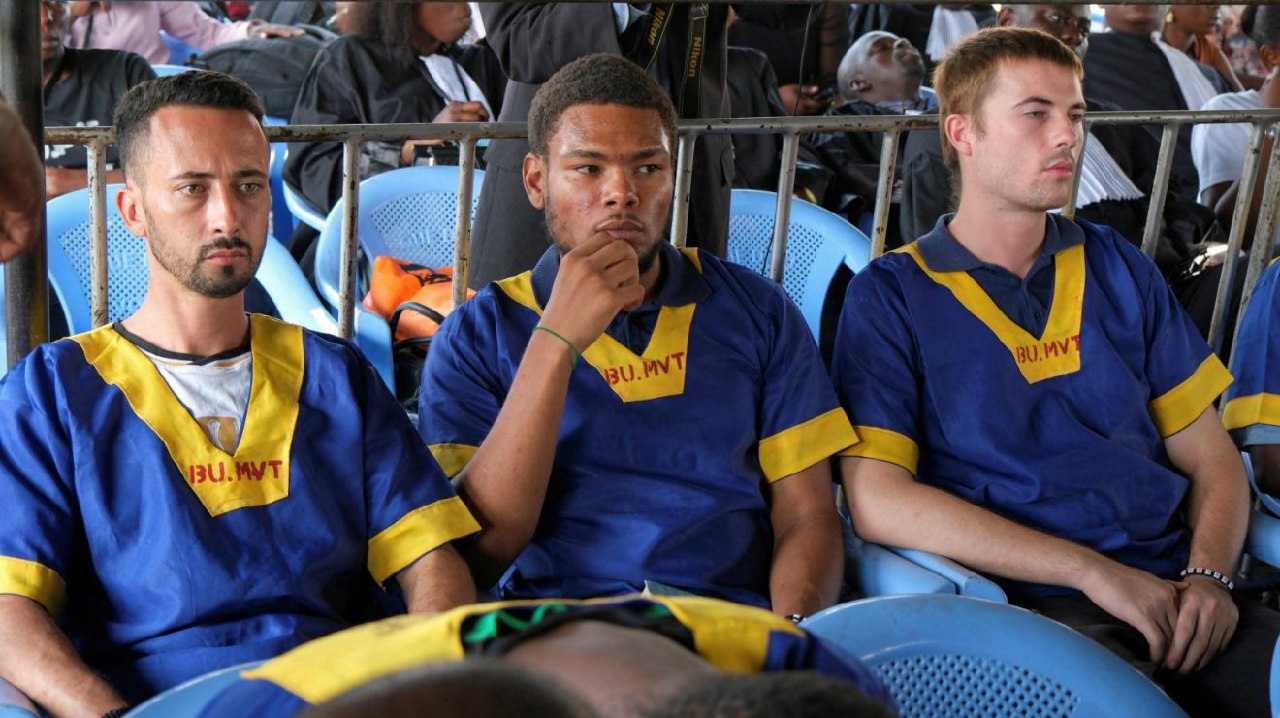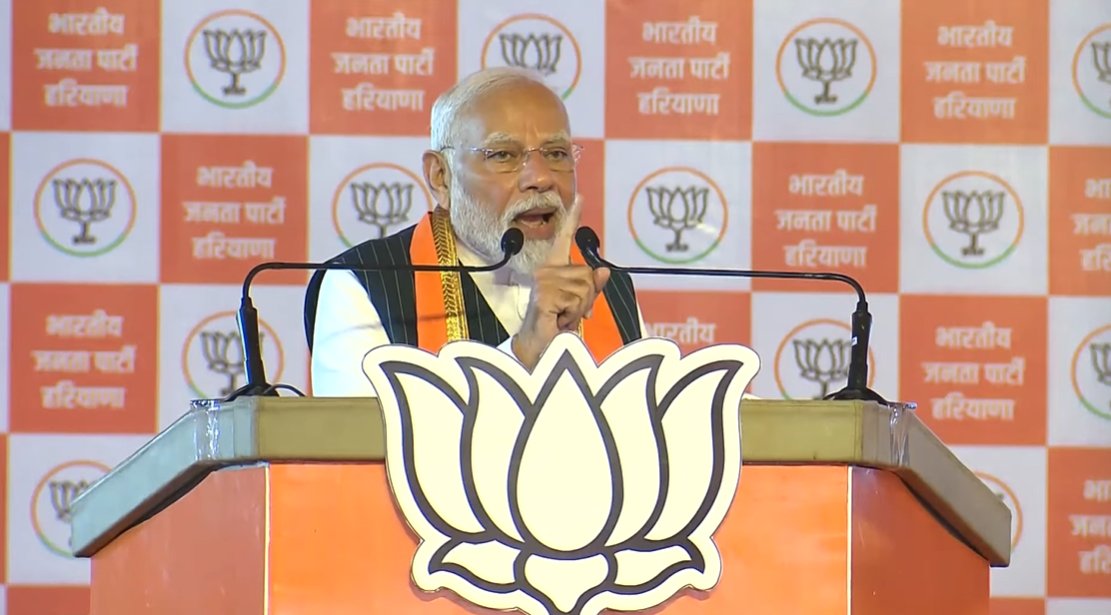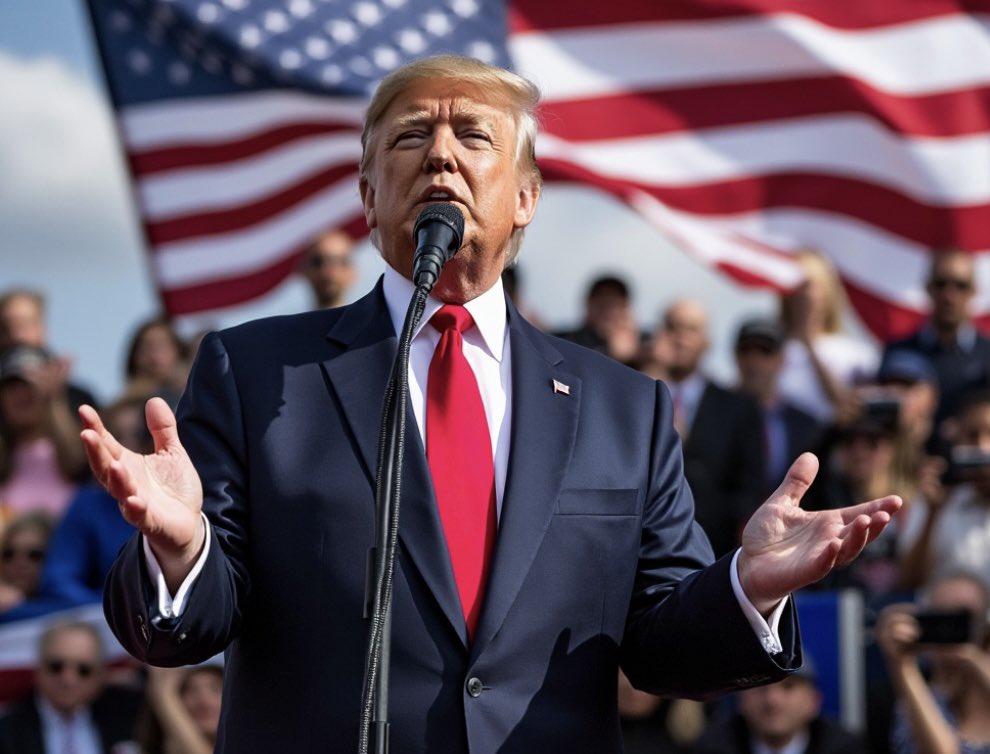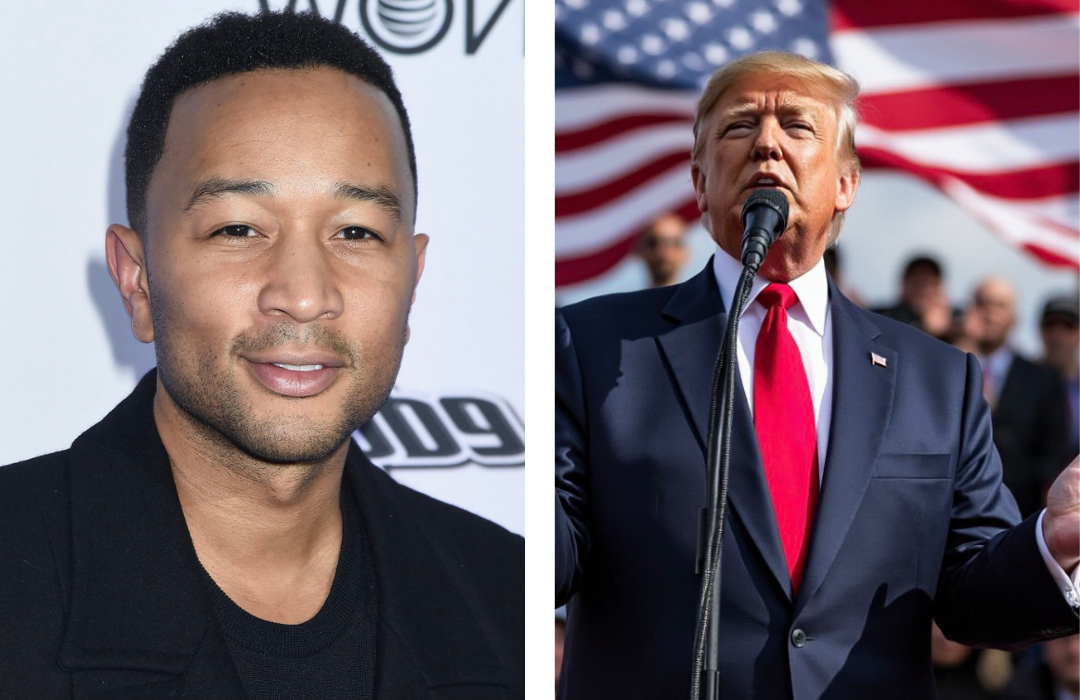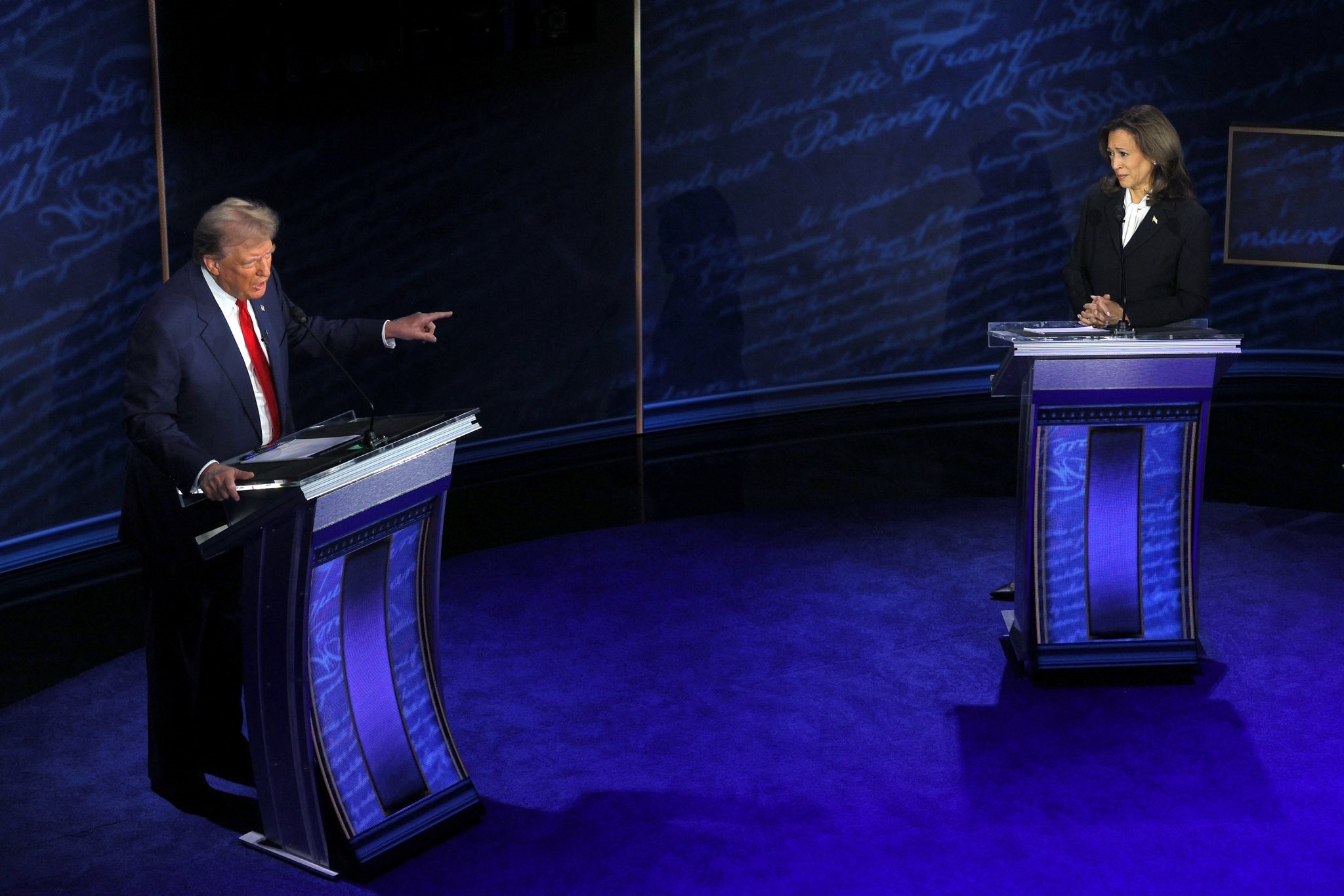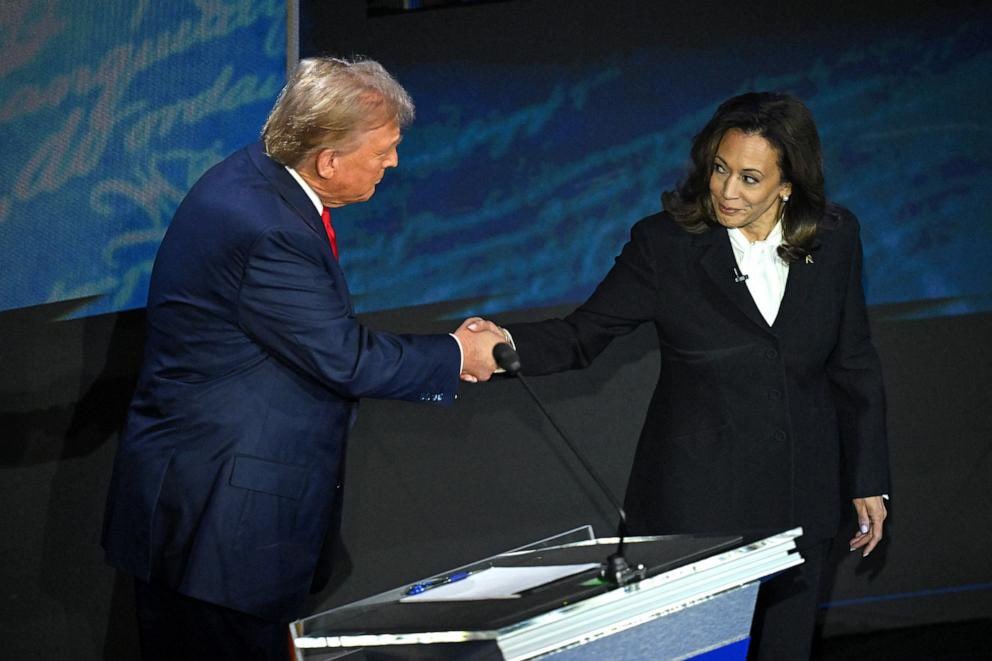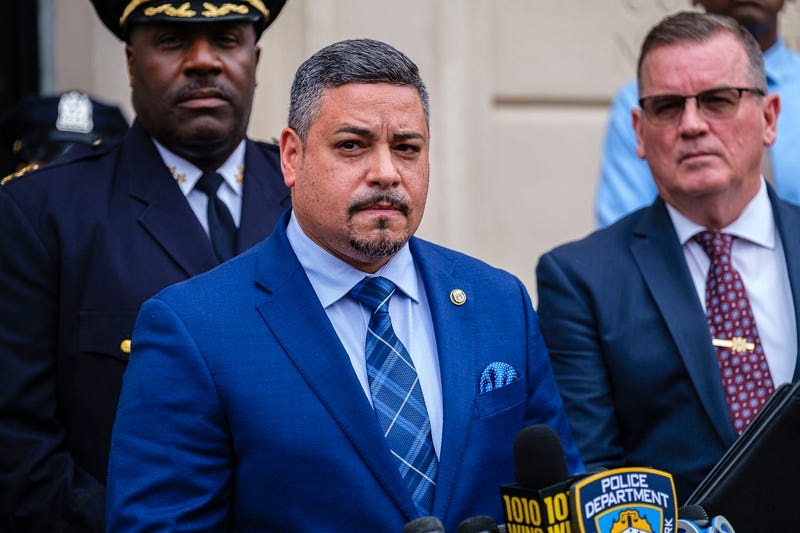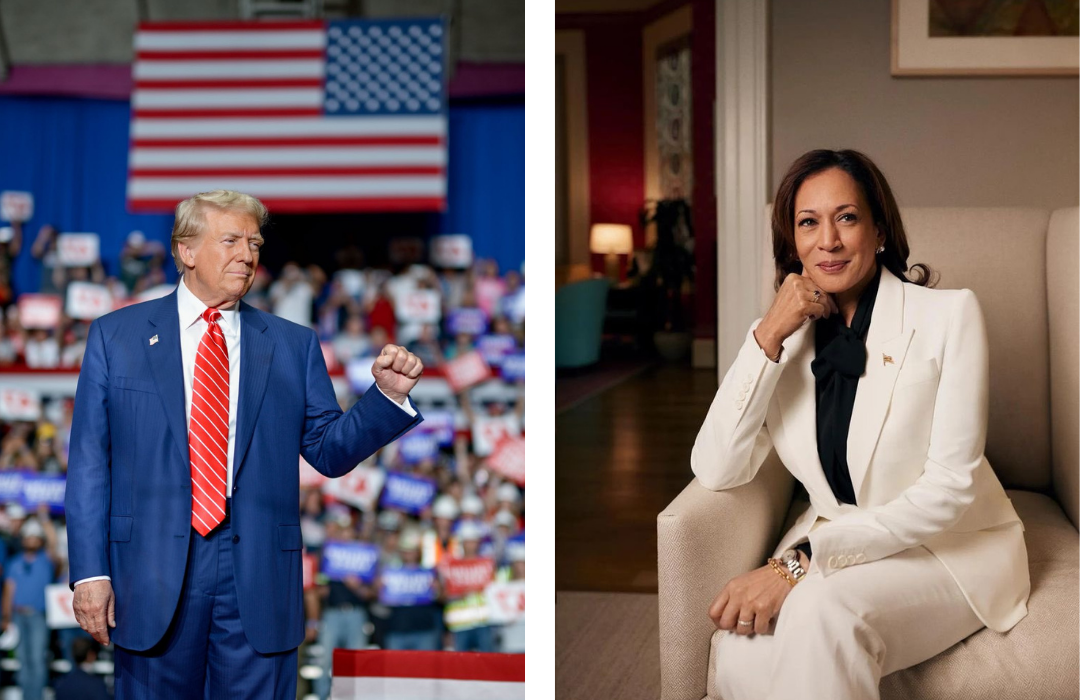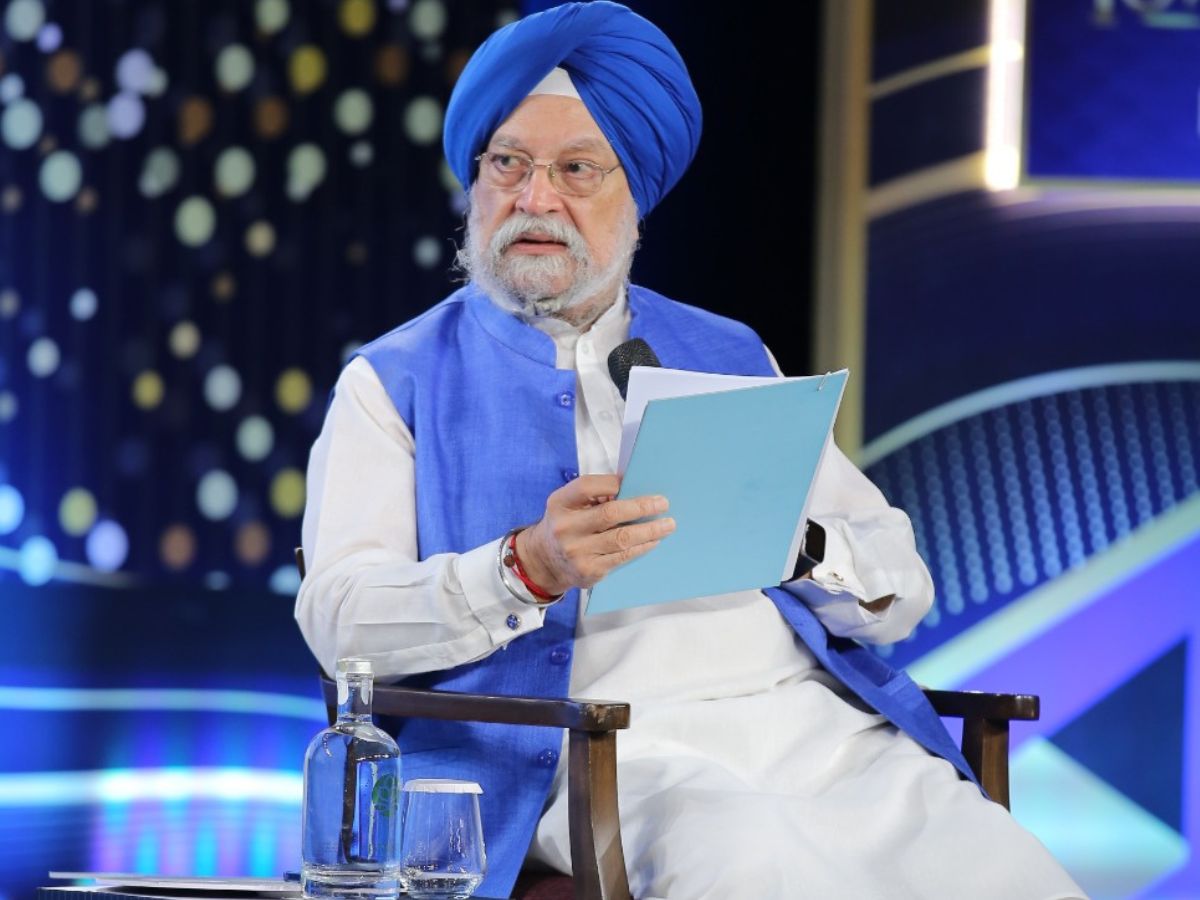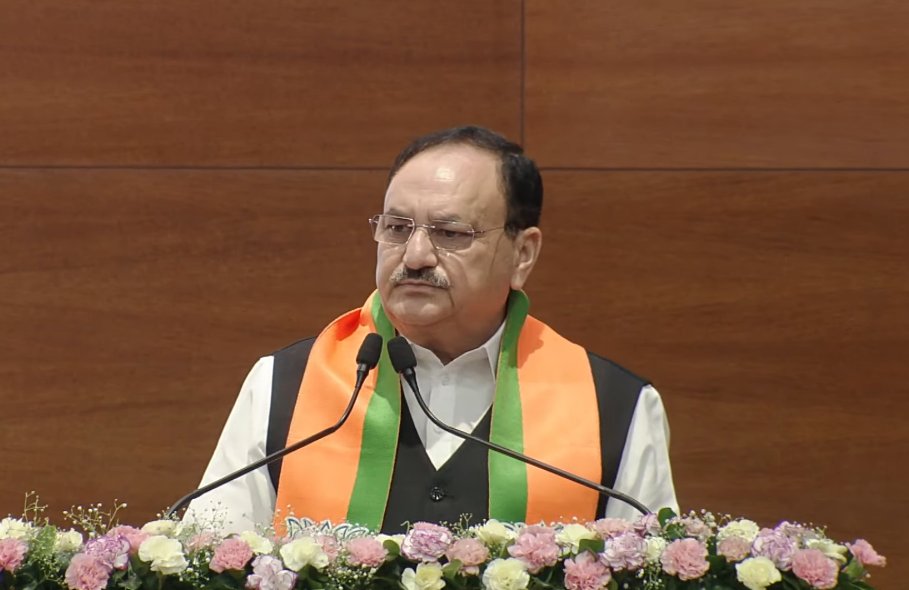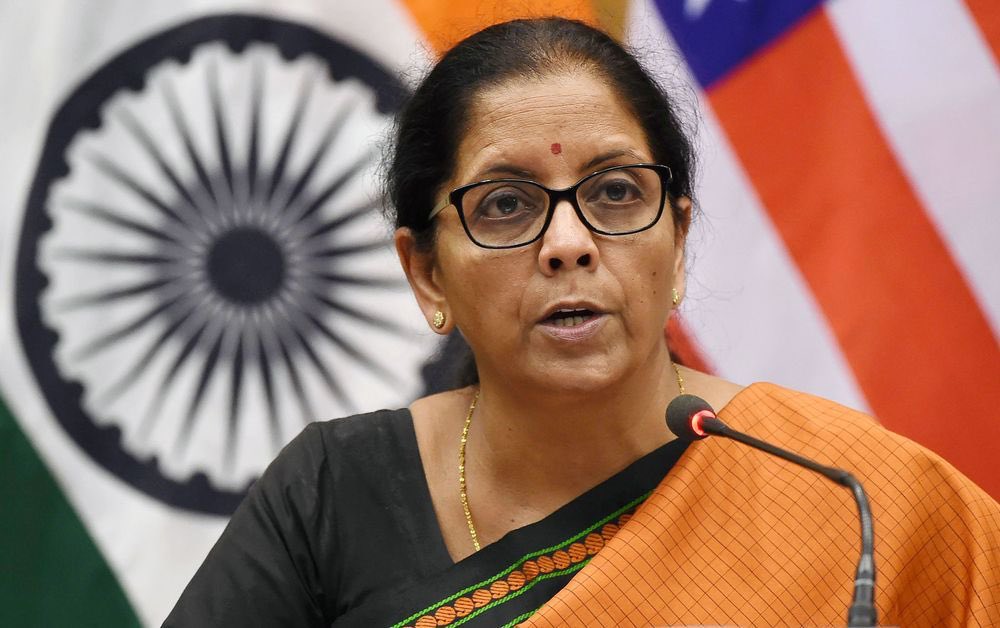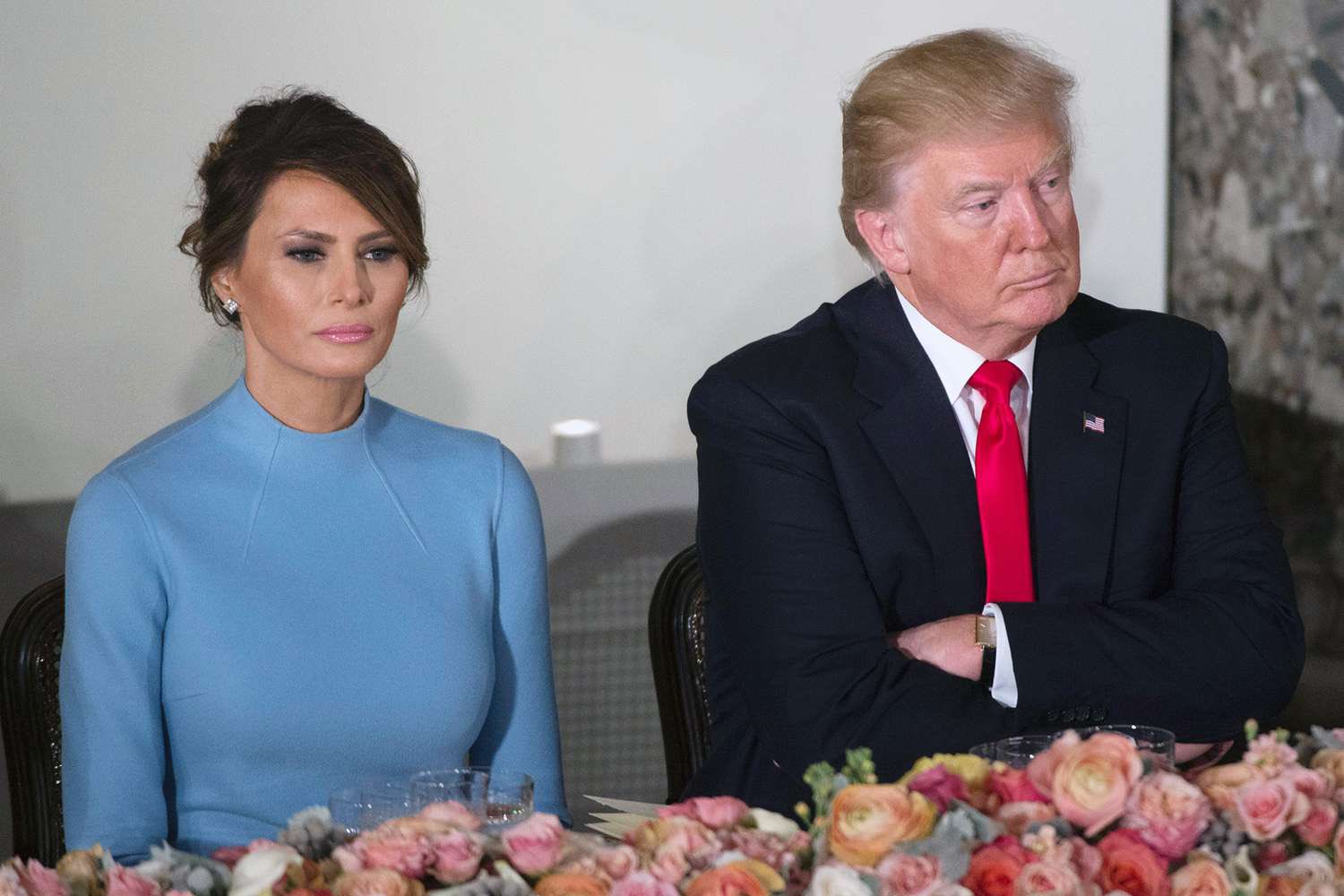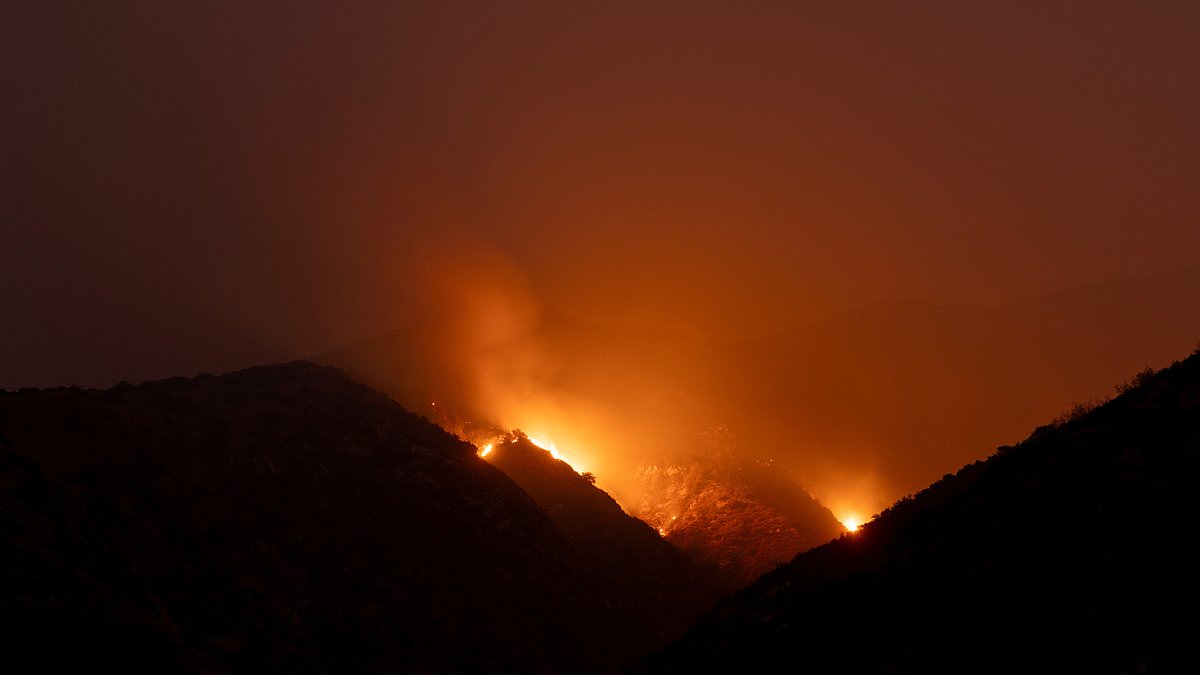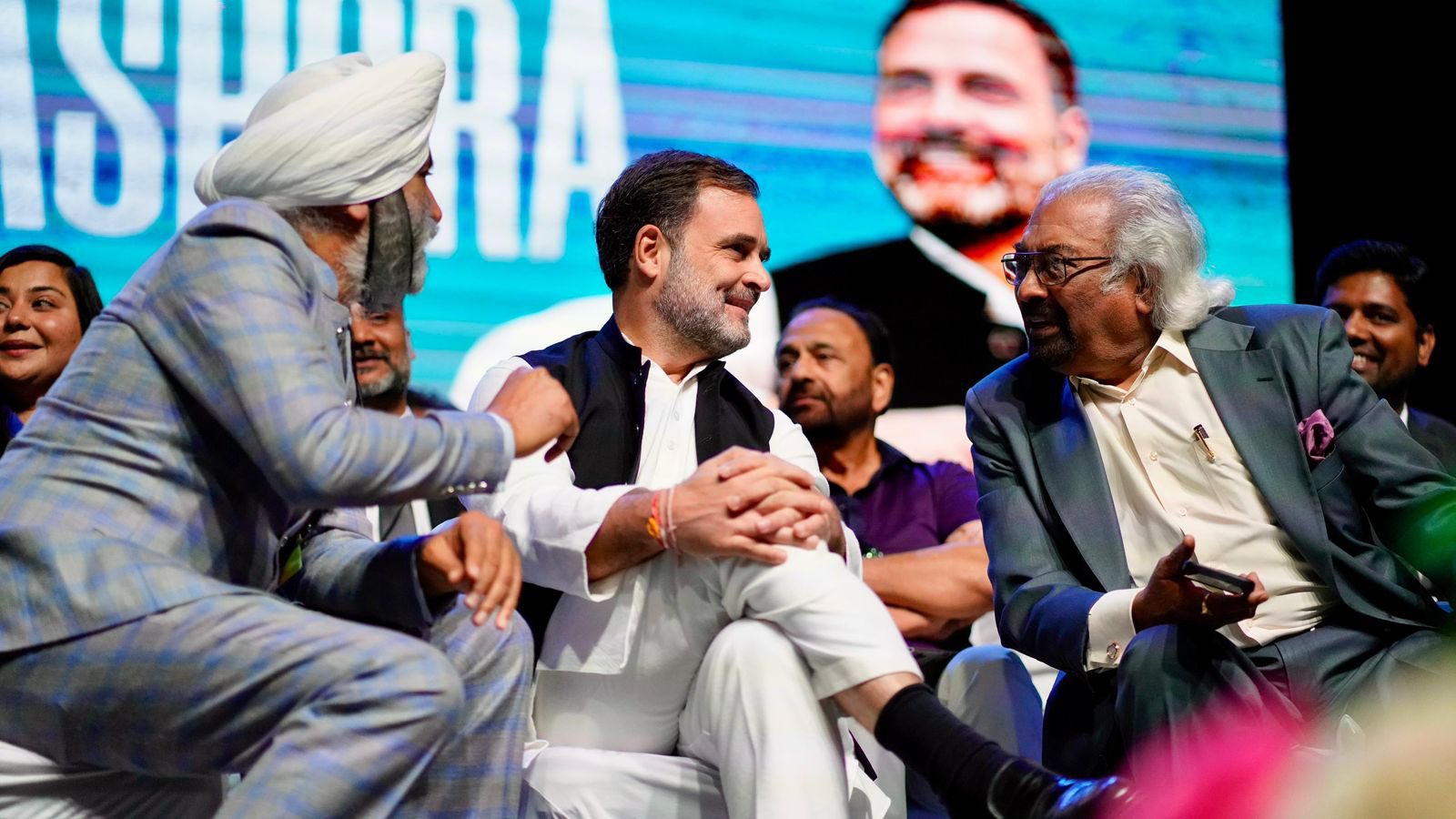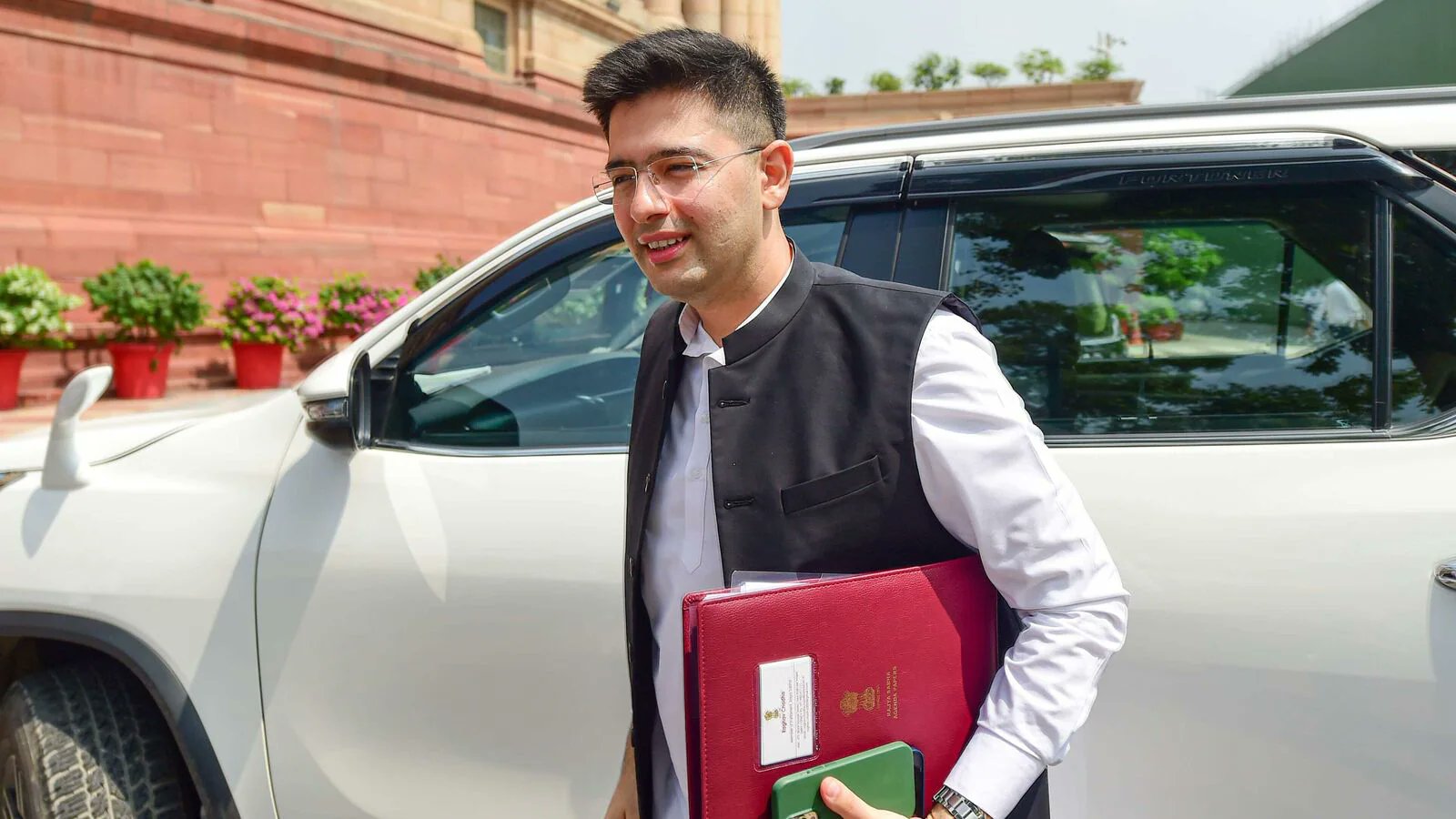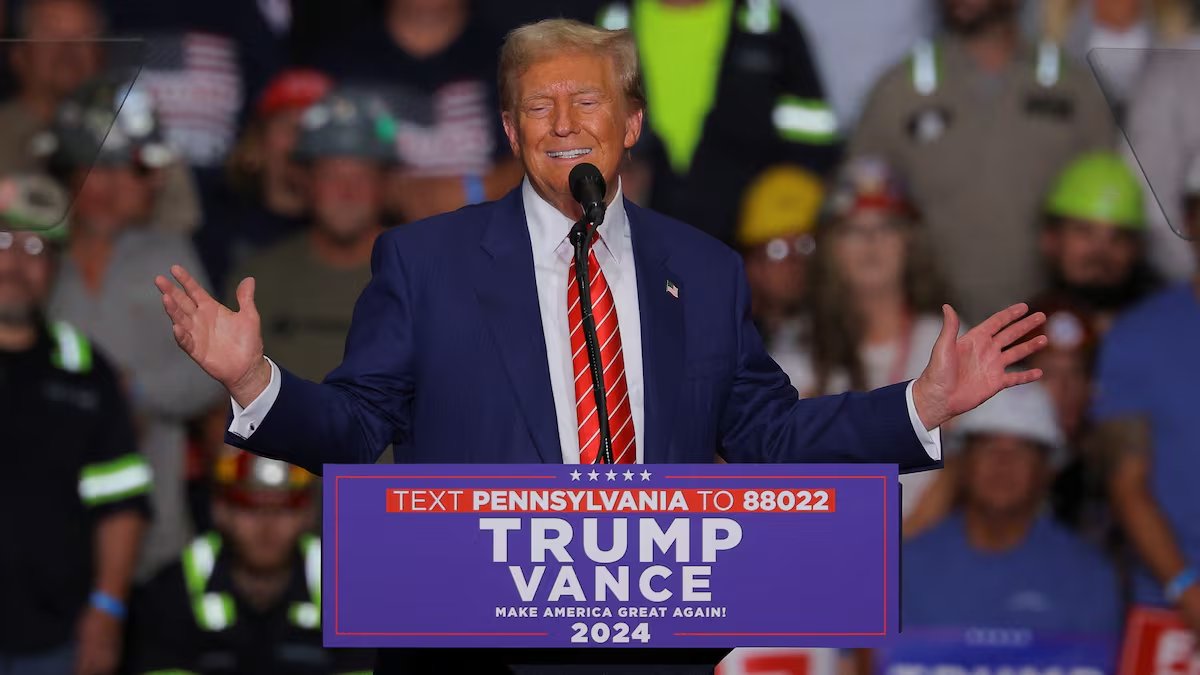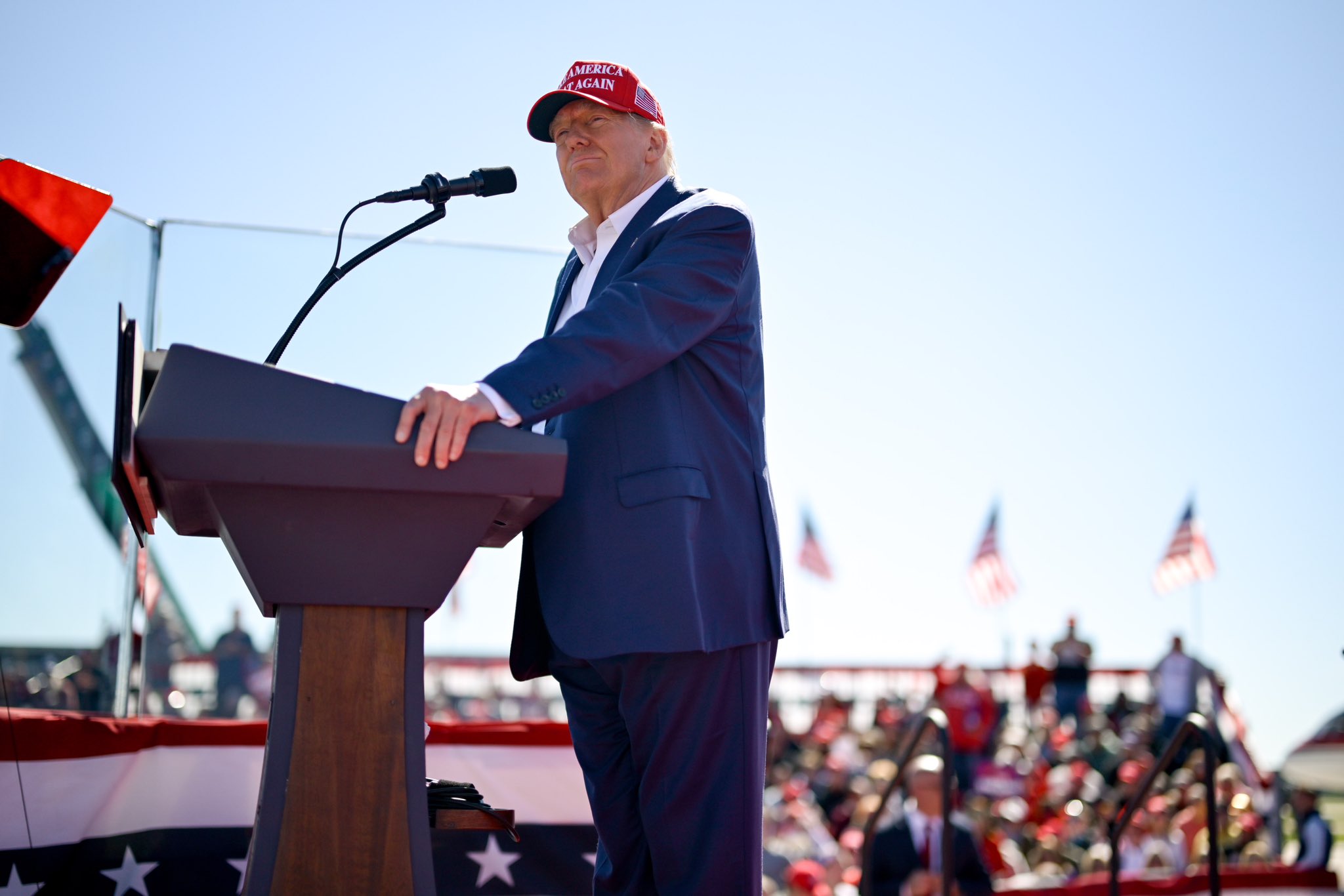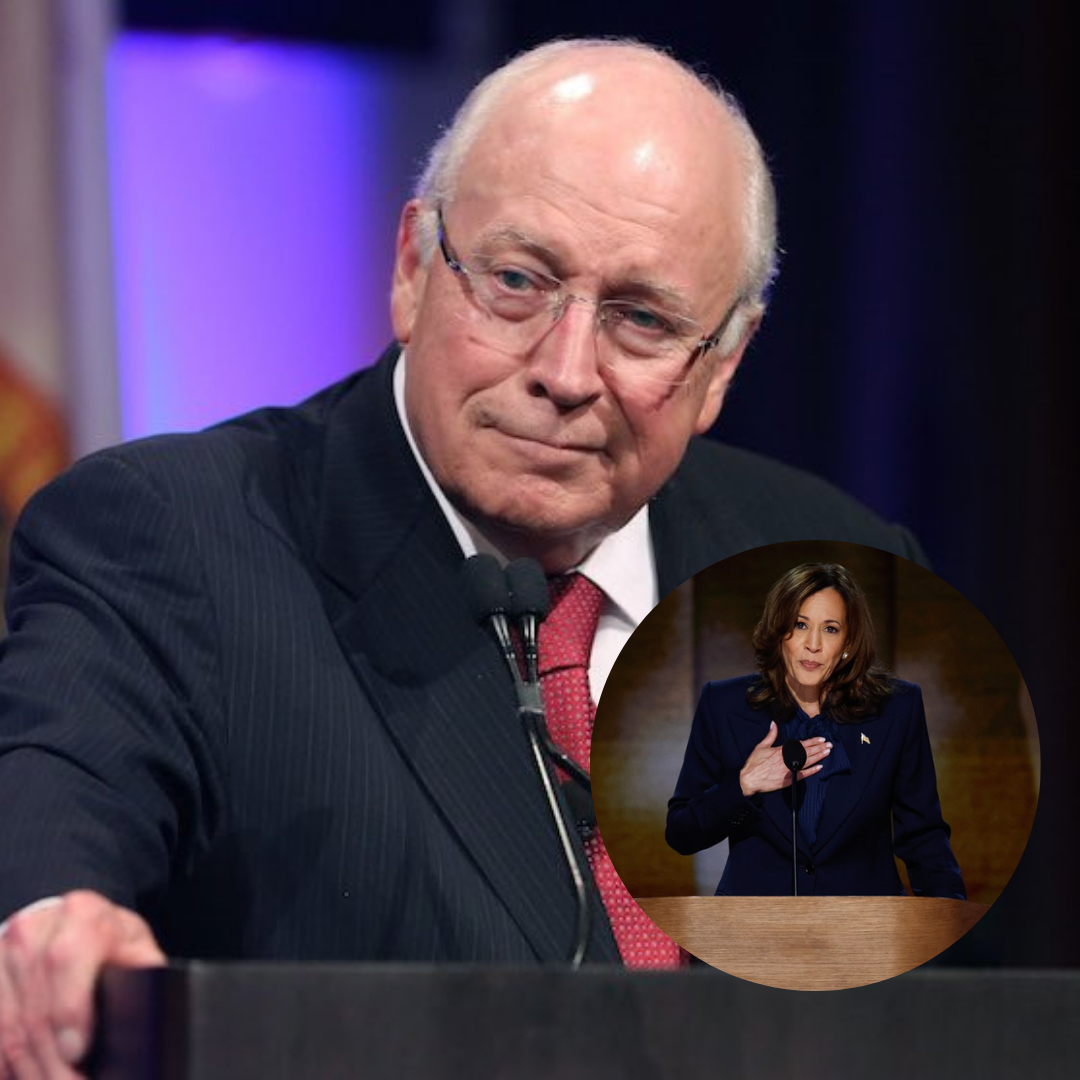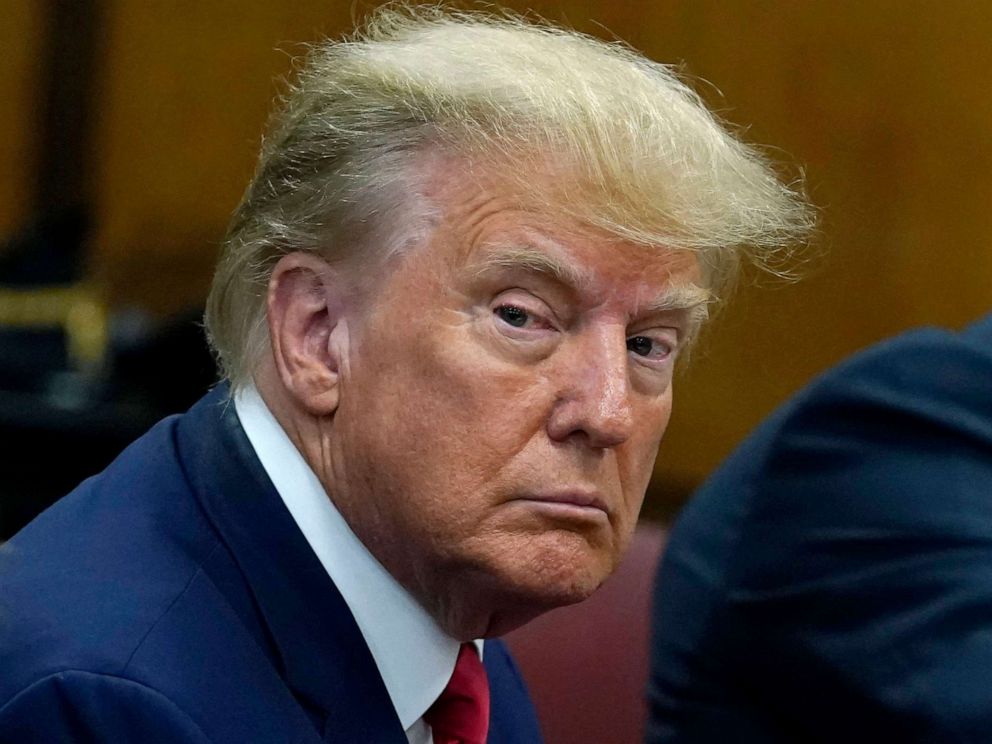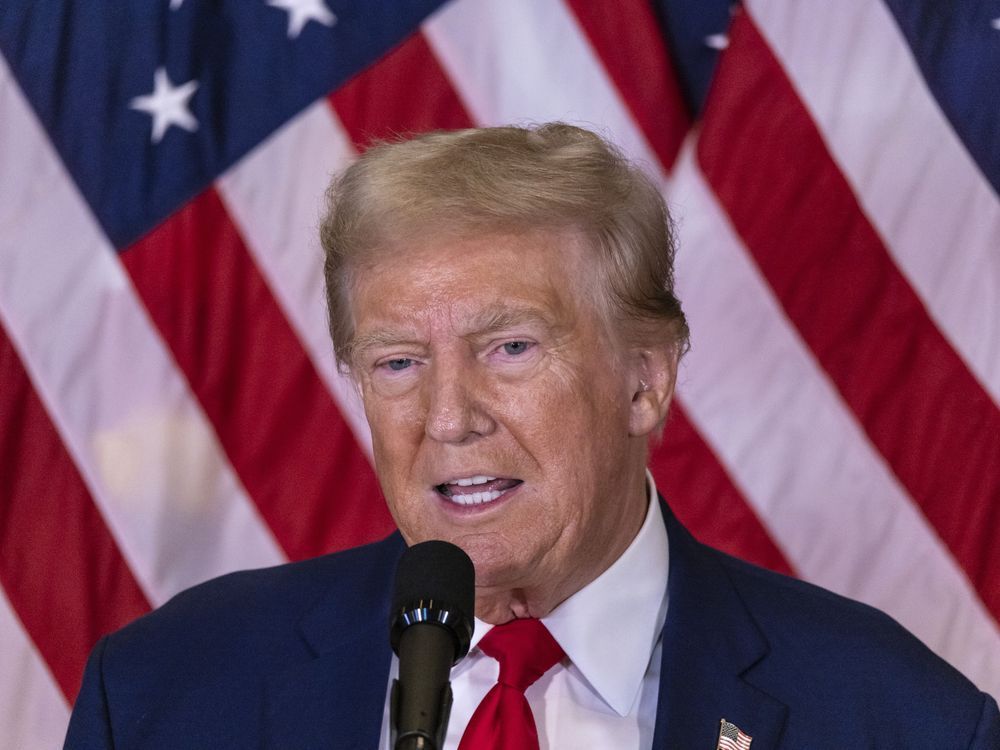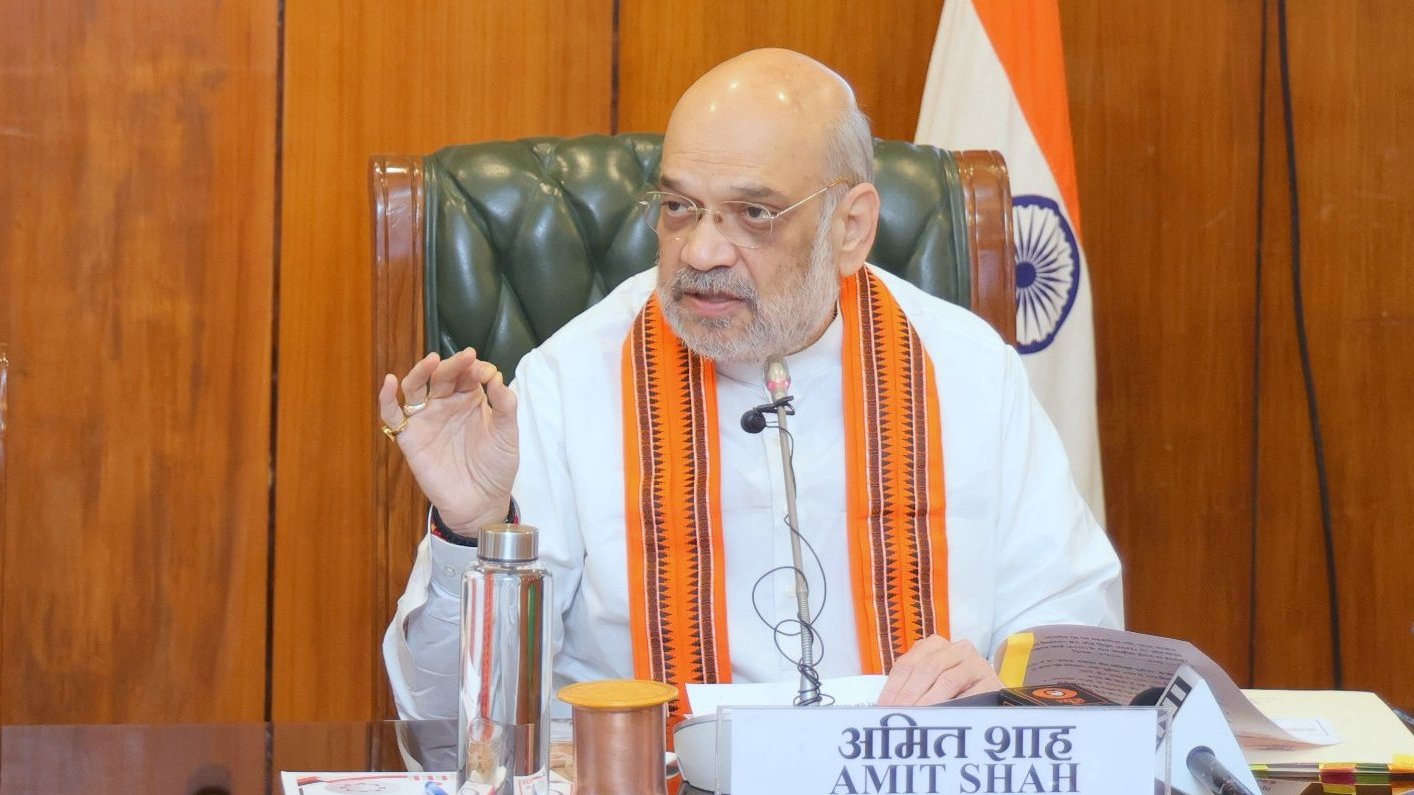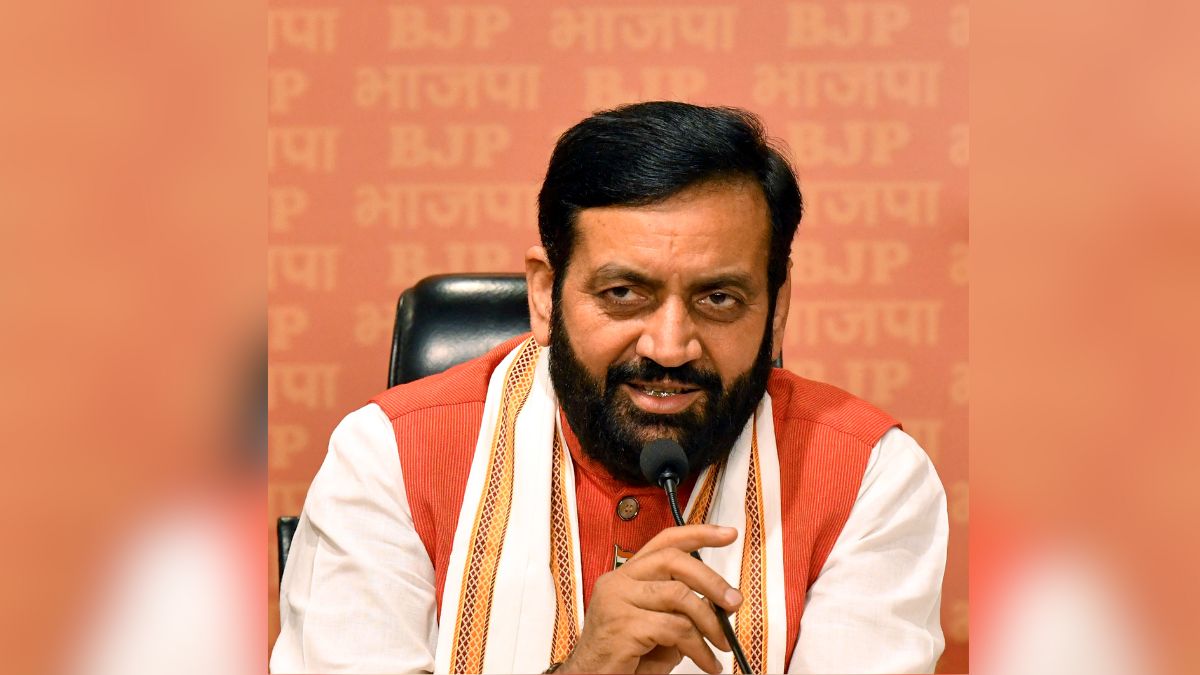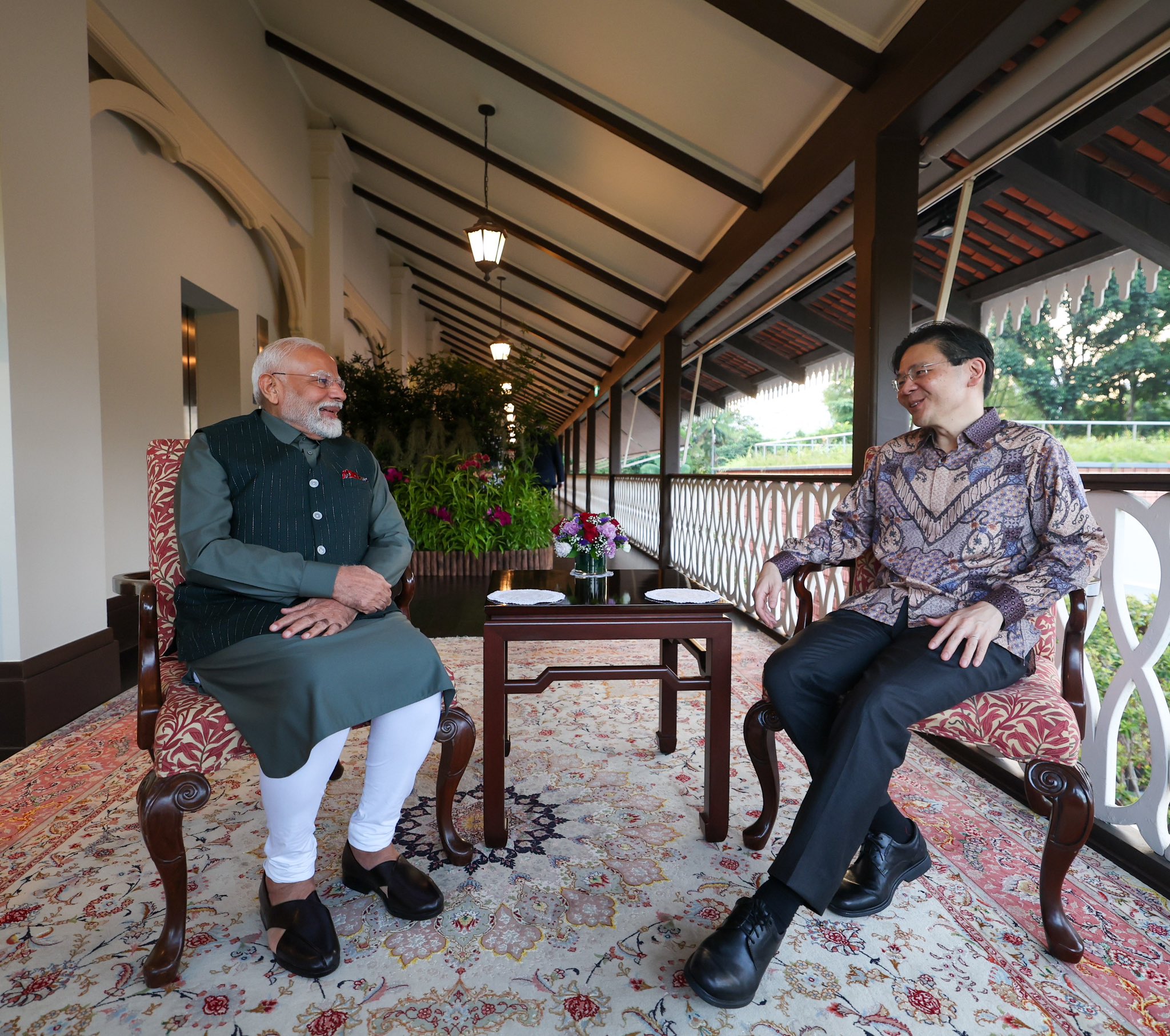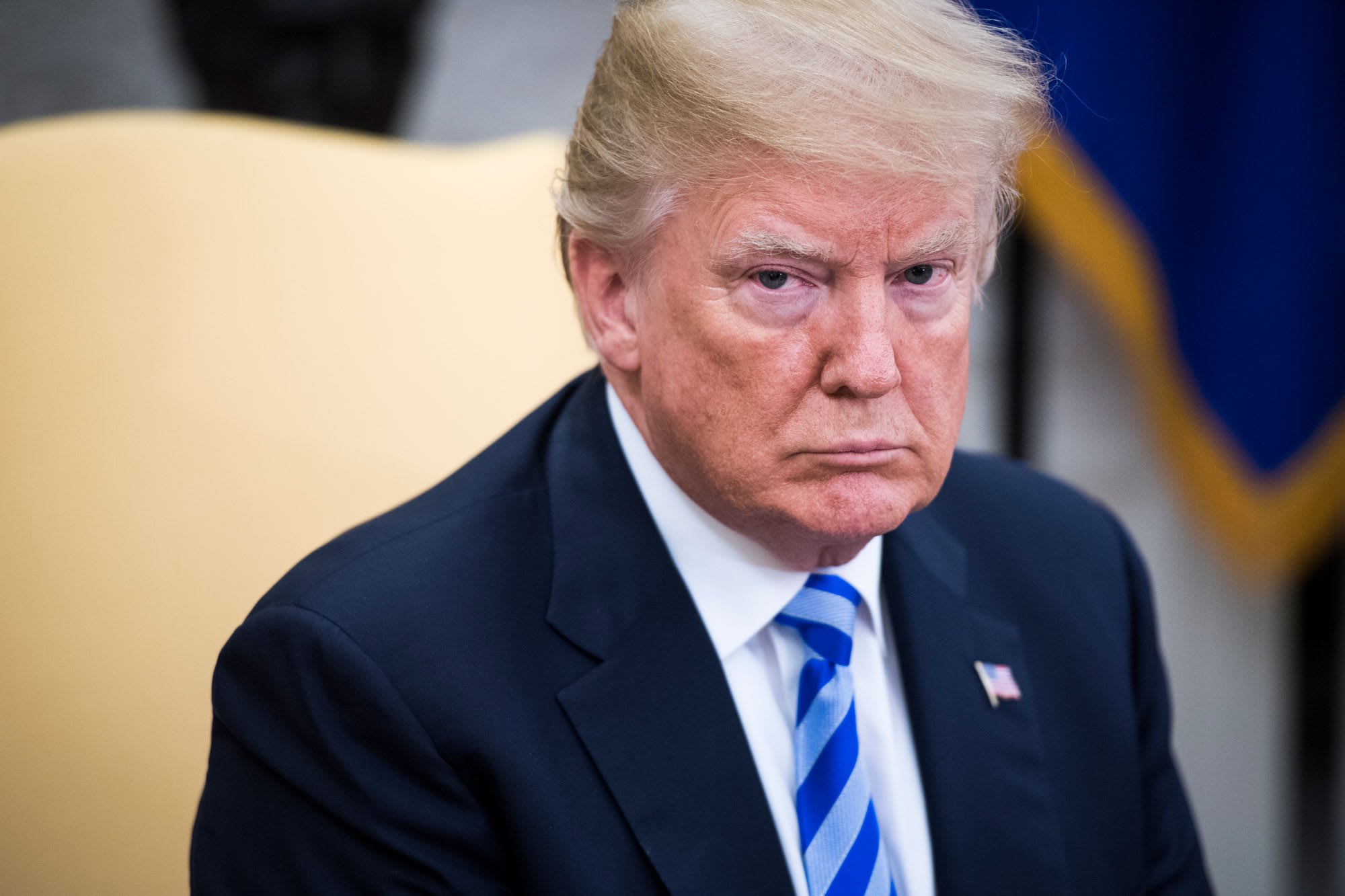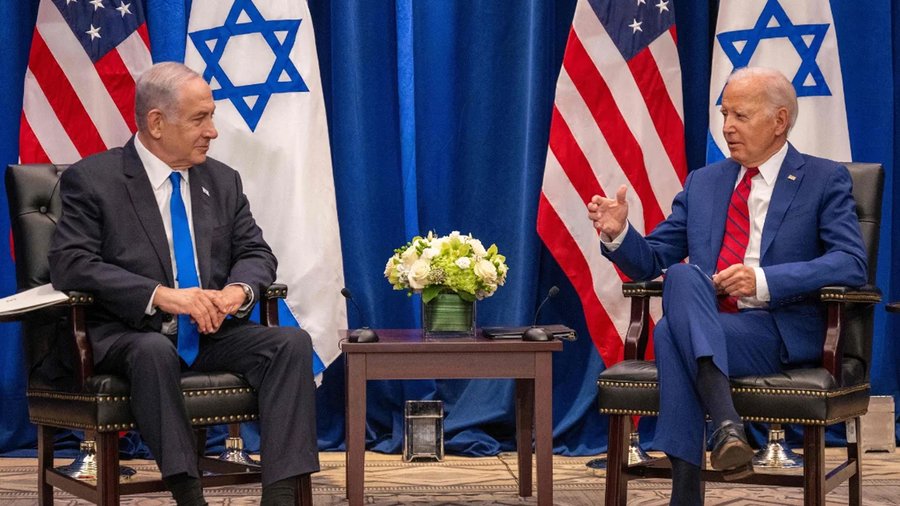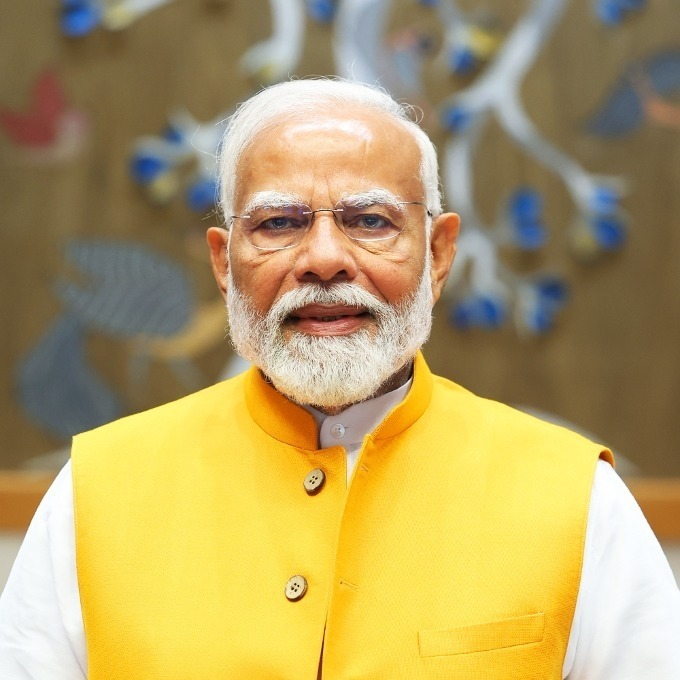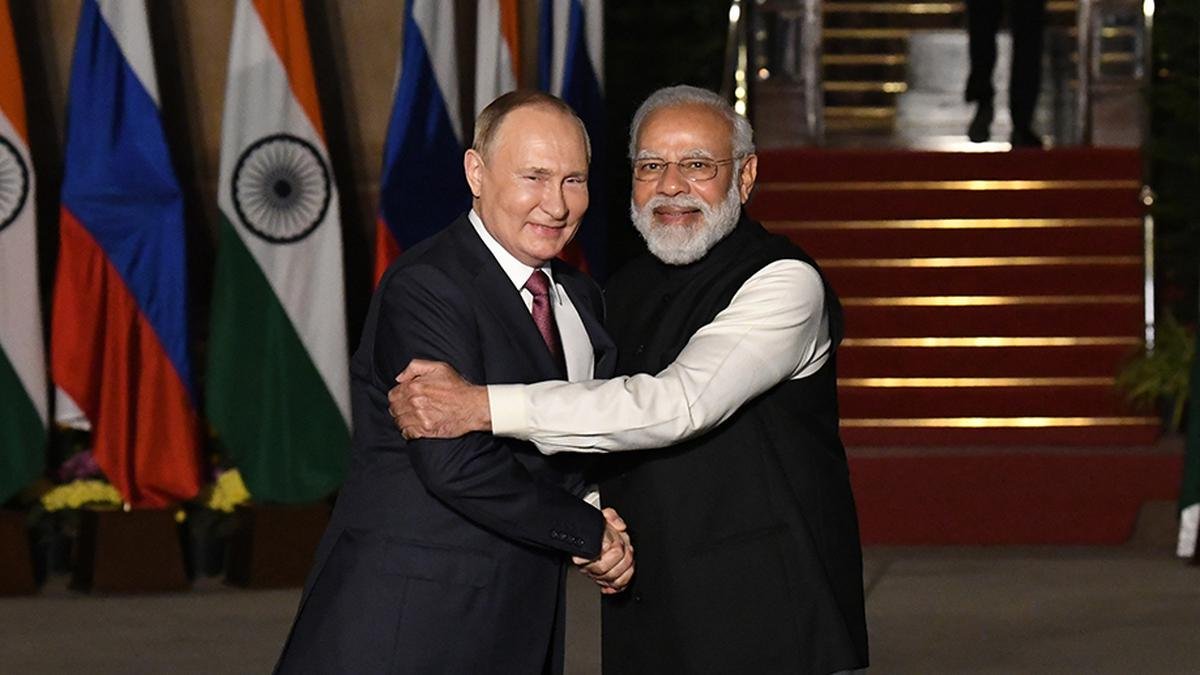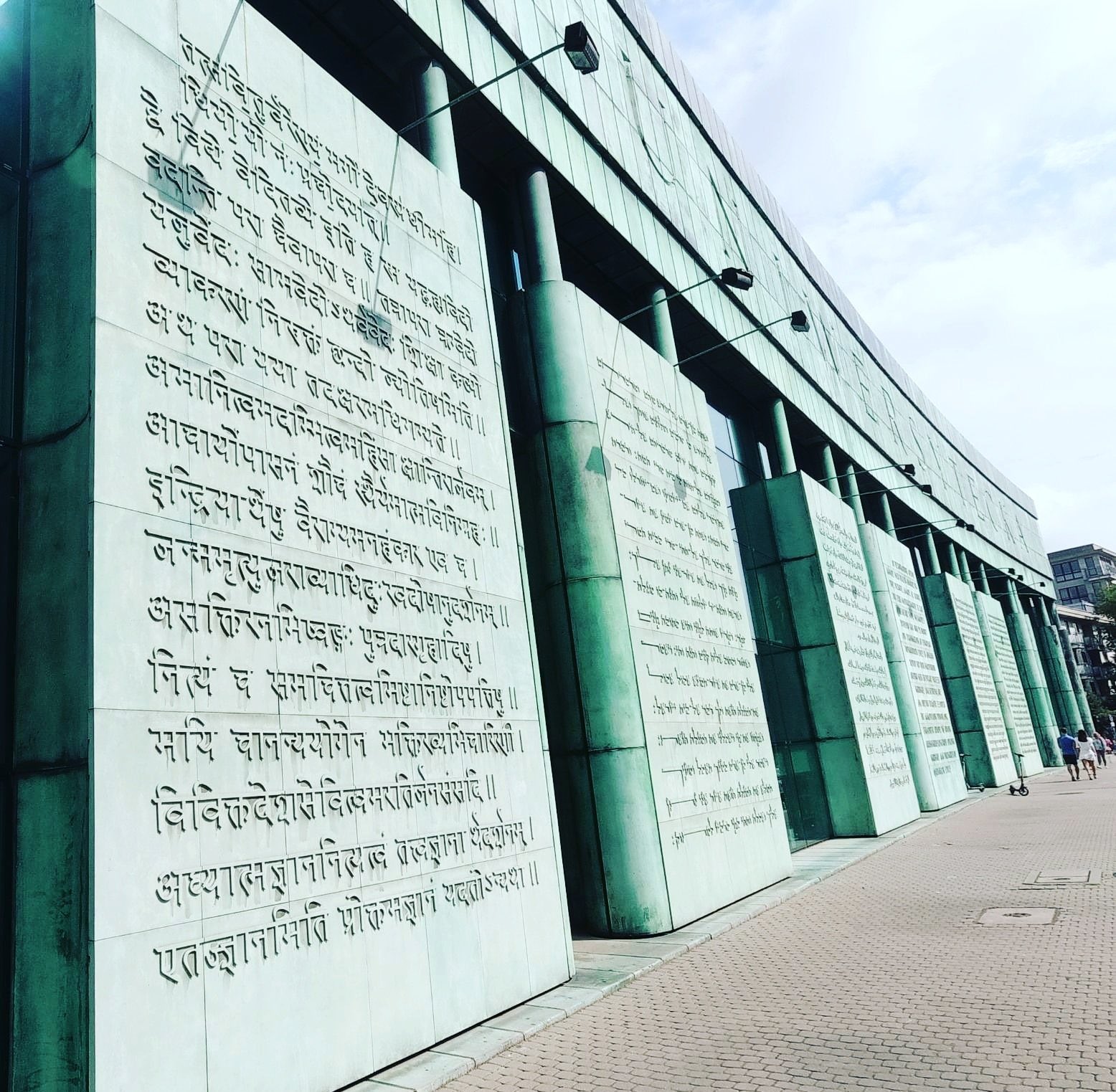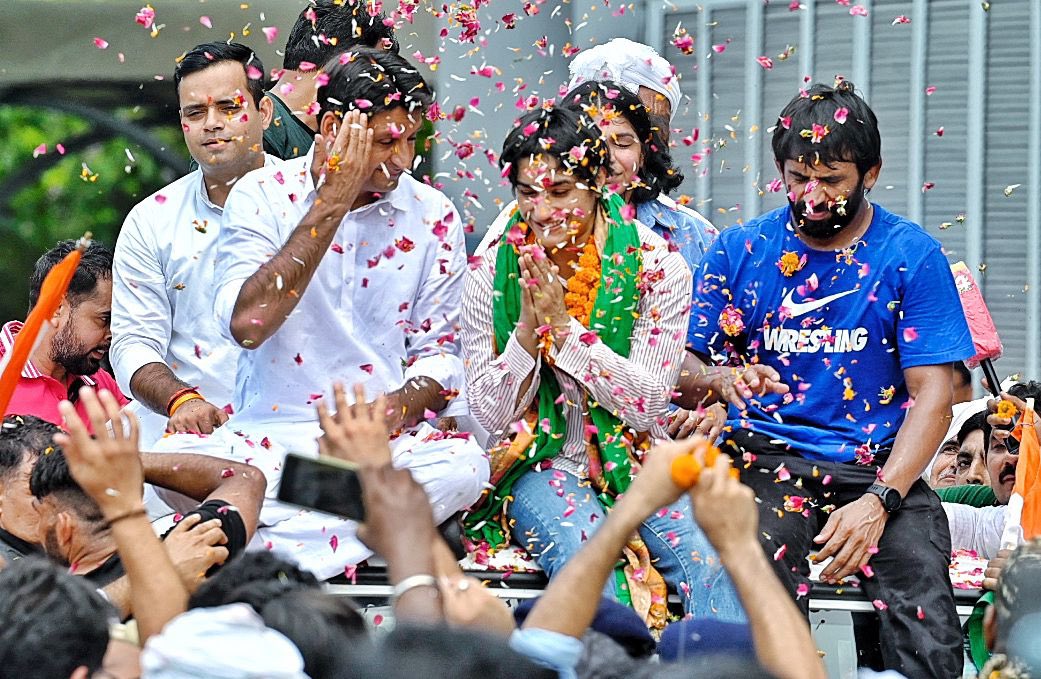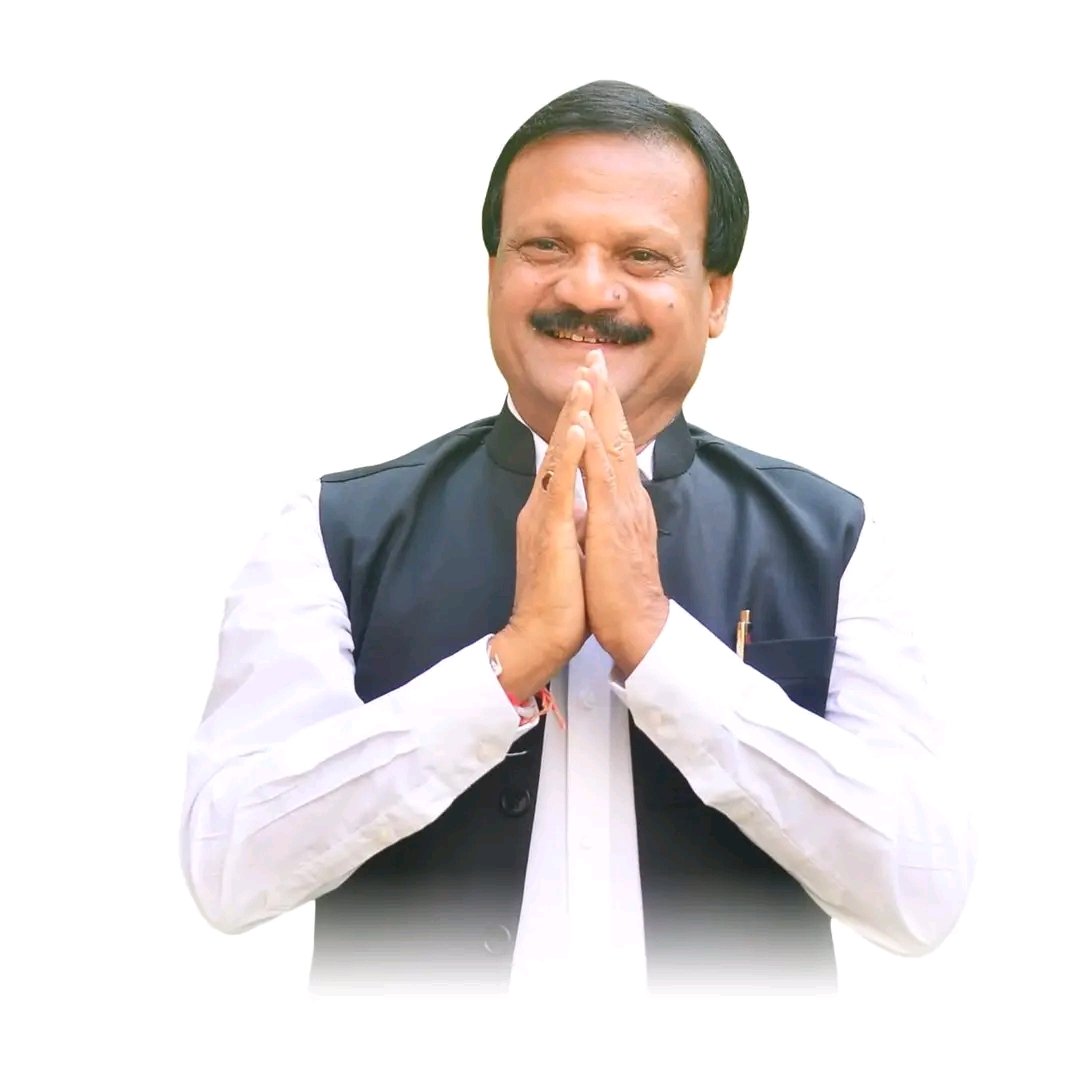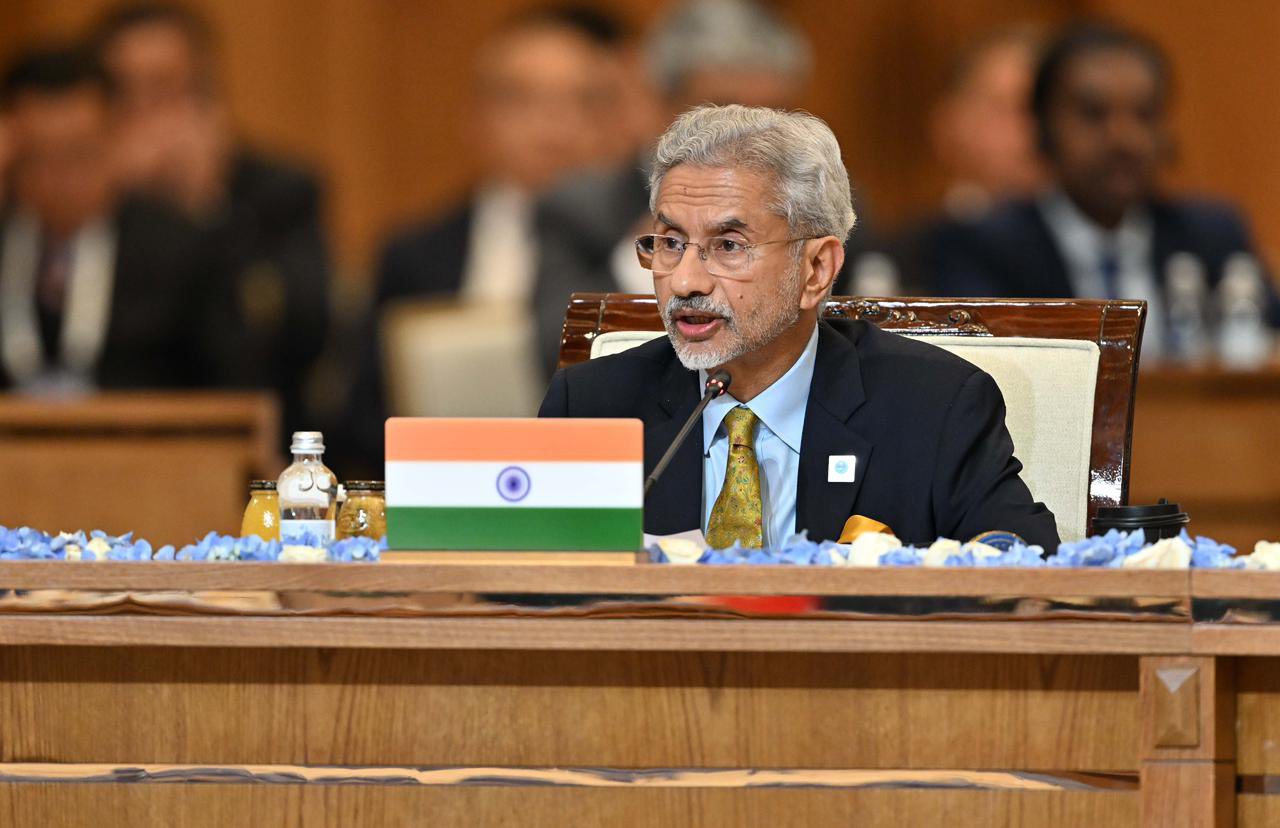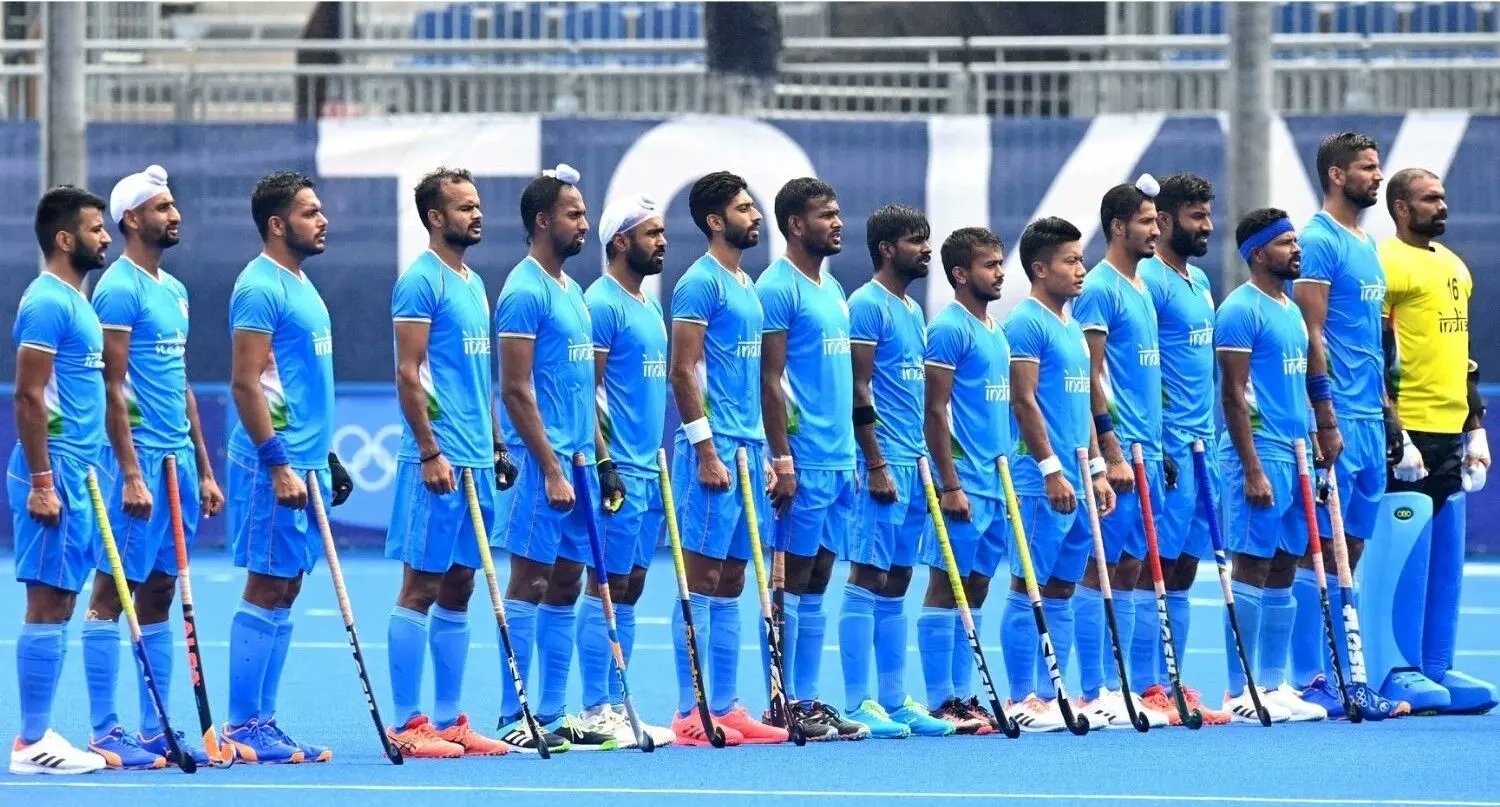Former President Donald Trump continued his sharp-tongued political campaign over the weekend, intensifying insults and promoting falsehoods in a pair of rallies held in key swing states. With voting already underway in parts of Pennsylvania, Trump took the stage in Erie and Prairie du Chien, Wisconsin, delivering provocative speeches that targeted both Democratic leaders and law enforcement policies.
Escalating Rhetoric Against Democratic Leaders
During his speech in Erie, Trump launched personal attacks on President Joe Biden and Vice President Kamala Harris, amplifying rhetoric that has become central to his 2024 campaign. Referring to Biden as “mentally impaired,” Trump shifted his focus to Harris, whom he insulted by calling her “Lyin’ Kamala” and implying that she was “born mentally disabled.” Trump’s mispronunciation of Harris’ name was deliberate, furthering his dismissive tone towards the Vice President.
“There’s something wrong with Kamala,” Trump claimed, adding, “And you know what? Everybody knows it.” This kind of language was a repeat of a similar insult Trump had made in Wisconsin the day before, accusing Harris of being inherently unfit for leadership and linking her to his criticisms of the Biden administration’s immigration policies.
Advocating for “Rough” Policing
Trump also suggested drastic measures to reduce crime, specifically endorsing police violence as a potential solution. While speaking in Erie, he falsely claimed that in California, shoplifters are not prosecuted for stealing items valued under $950, an assertion that has been debunked multiple times.
“We need to be rough on these criminals,” Trump said. “One rough hour, and I mean real rough, the word will get out, and it will end immediately. End immediately. You know? It’ll end immediately.”
This call for harsh policing tactics echoed his broader “law and order” narrative, a familiar refrain in his political rallies. However, critics warn that such statements only inflame divisions and could potentially incite further violence.
Rallying the Base Amid Tight Race
The weekend rallies come at a crucial time for Trump, with early voting kicking off in key battleground states like Pennsylvania. Polls show a tight race between Trump and Harris, with both candidates vying for the state’s electoral votes. Rather than adopting a softer tone to appeal to undecided voters, Trump urged his supporters to recruit new voters who may be sympathetic to his policies but haven’t yet cast a ballot.
“We need you to find as many other new voters as you can,” Trump told the crowd. “So go get them.”
Despite appeals to expand his voter base, Trump has shown little interest in moderating his controversial rhetoric. He continues to rely on his loyal supporters, many of whom have remained steadfast throughout his political career, despite his repeated controversies.
Sowing Distrust in the Election Process
As has become routine in his speeches, Trump revisited the false claim that he won the 2020 election. He warned his audience in Pennsylvania about what he described as Democratic efforts to “cheat,” particularly in Philadelphia, a Democratic stronghold.
“We have to have a landslide because they cheat so damn much,” Trump alleged, without evidence. He went further, suggesting that if he wins the 2024 election, he would pursue legal action against individuals who “cheat” and possibly even retroactively challenge the 2020 results.
“If we win, when we win, we’re going to prosecute people that cheat on this election,” he said. “And if we can, we’ll go back to the last one, too, if we’re allowed.”
These baseless claims of election fraud are central to Trump’s campaign strategy, designed to rally his supporters by sowing doubt in the integrity of America’s electoral system. Election officials and fact-checkers have repeatedly debunked these claims, but they remain a potent rallying cry for Trump’s base.
Trump’s Unique Appeal to Nonvoters
While Trump’s rhetoric may turn away moderates, his focus on activating nonvoters could be a decisive strategy. He regularly appeals to those who are disengaged from the political process, urging them to participate in the upcoming election. By positioning himself as an outsider who fights against a corrupt establishment, Trump continues to tap into a pool of potential supporters who may feel disenfranchised by mainstream politics.
As Election Day approaches, Trump shows no signs of moderating his tone. His sharp language, authoritarian rhetoric, and personal attacks have become hallmarks of his campaign. With swing states like Pennsylvania playing a pivotal role in the outcome, Trump’s continued reliance on harsh rhetoric may either invigorate his base or alienate undecided voters.
Overview
Donald Trump’s weekend rallies in Erie and Prairie du Chien reveal a candidate unafraid to double down on incendiary comments and false claims. His insults against President Joe Biden and Vice President Kamala Harris, along with his advocacy for “rough” policing tactics, demonstrate that he remains committed to a combative style of politics. As voting begins in key states, Trump’s approach to rallying his base and courting nonvoters may define the trajectory of the 2024 presidential race.


